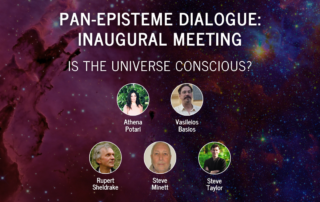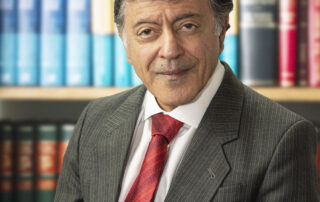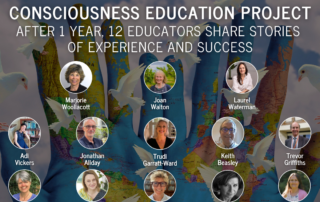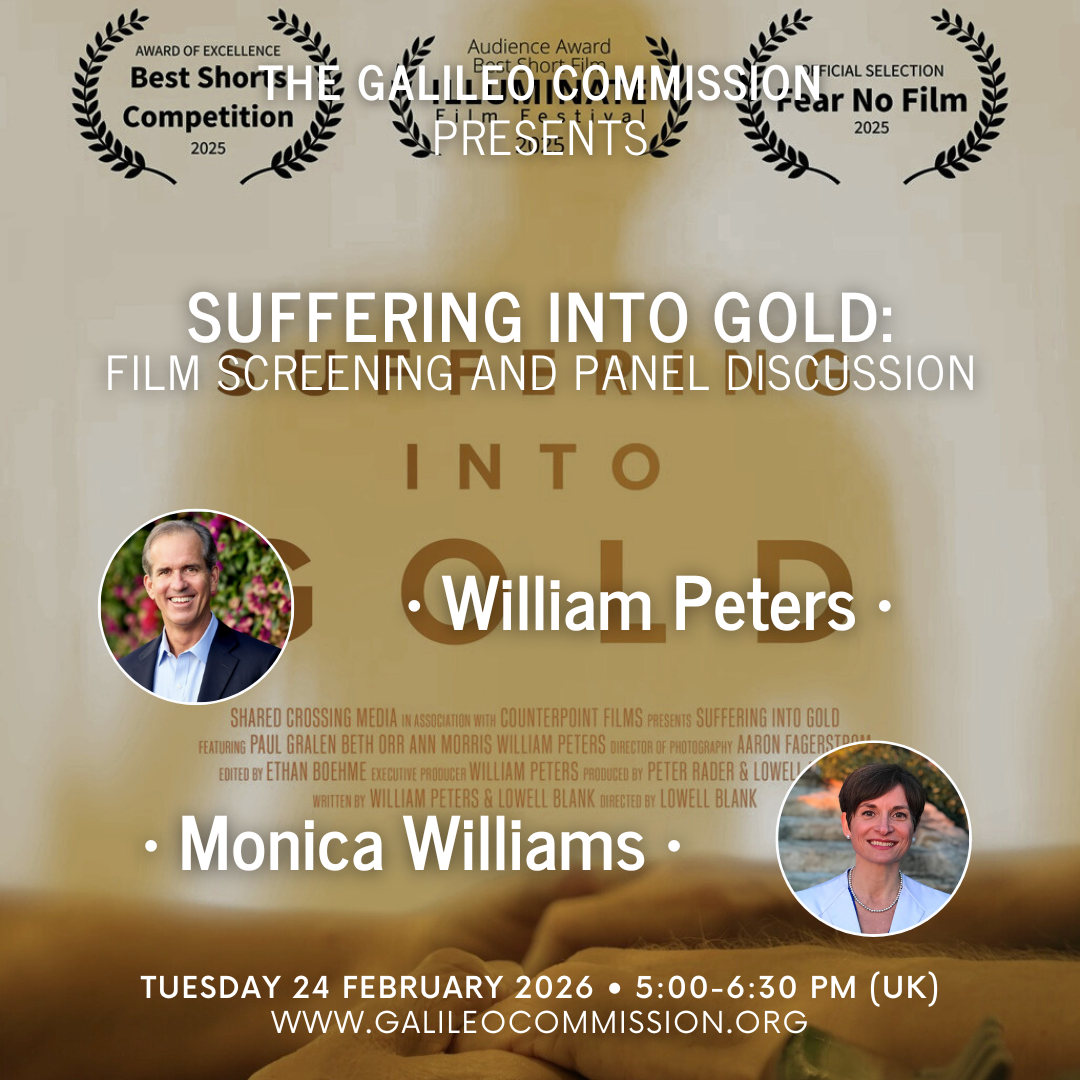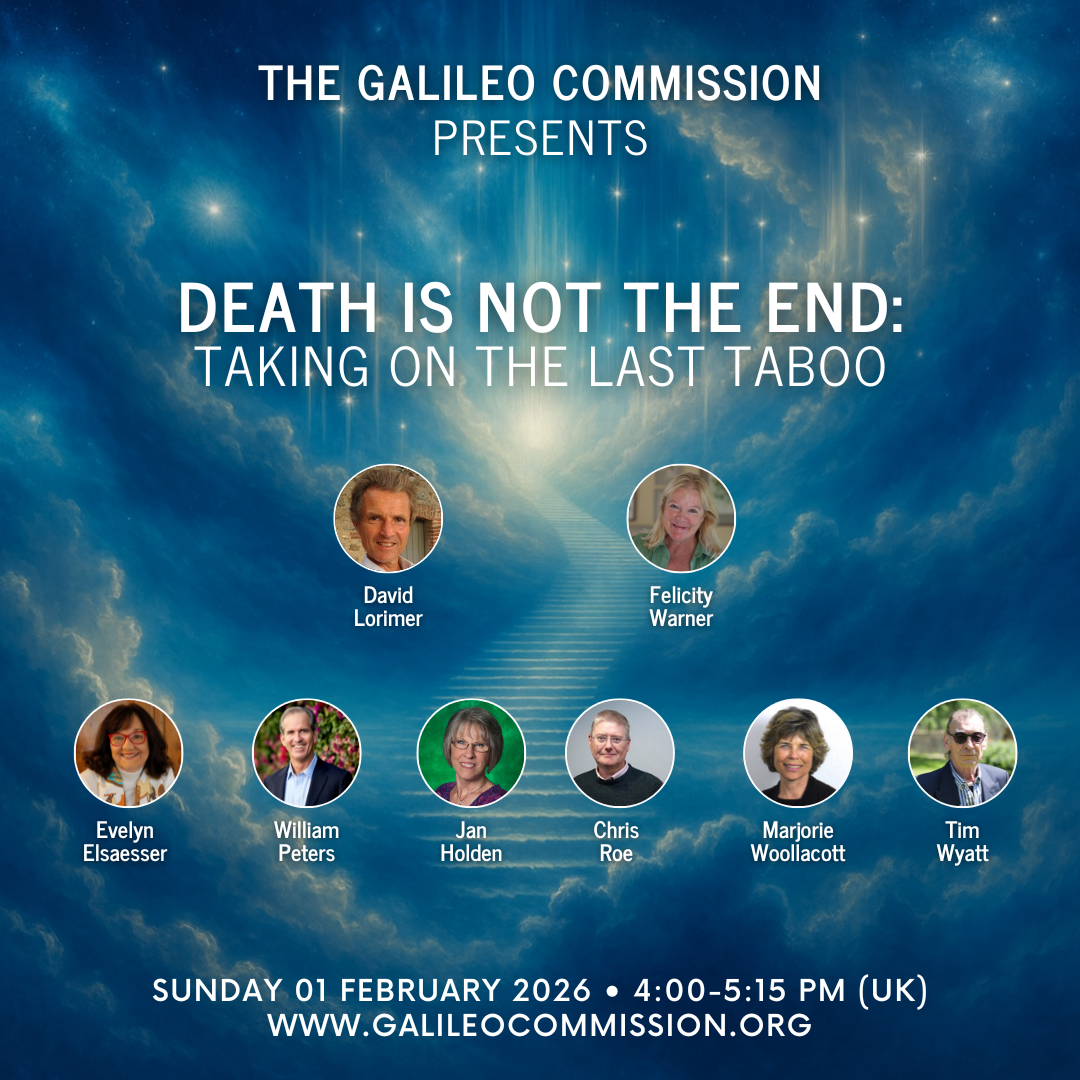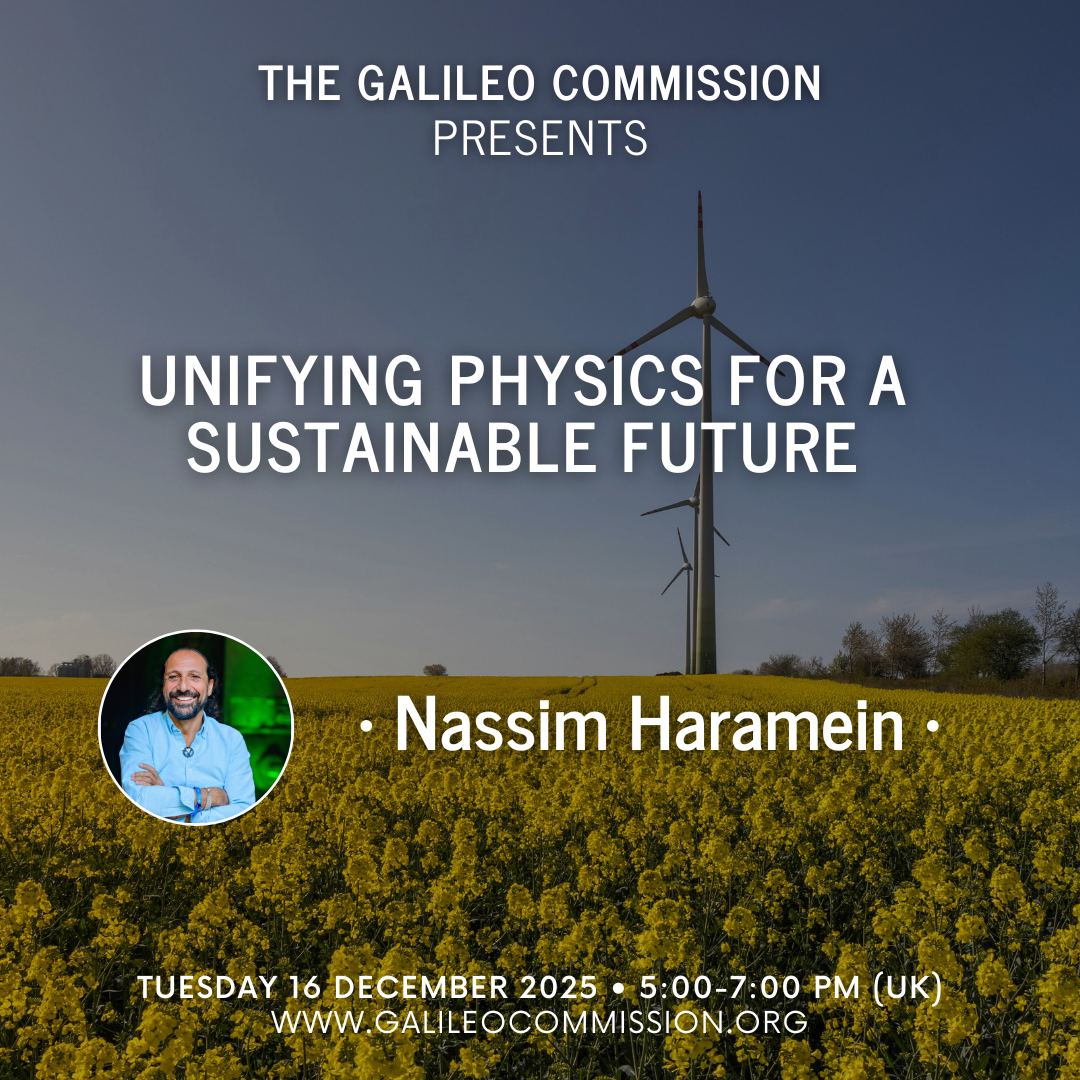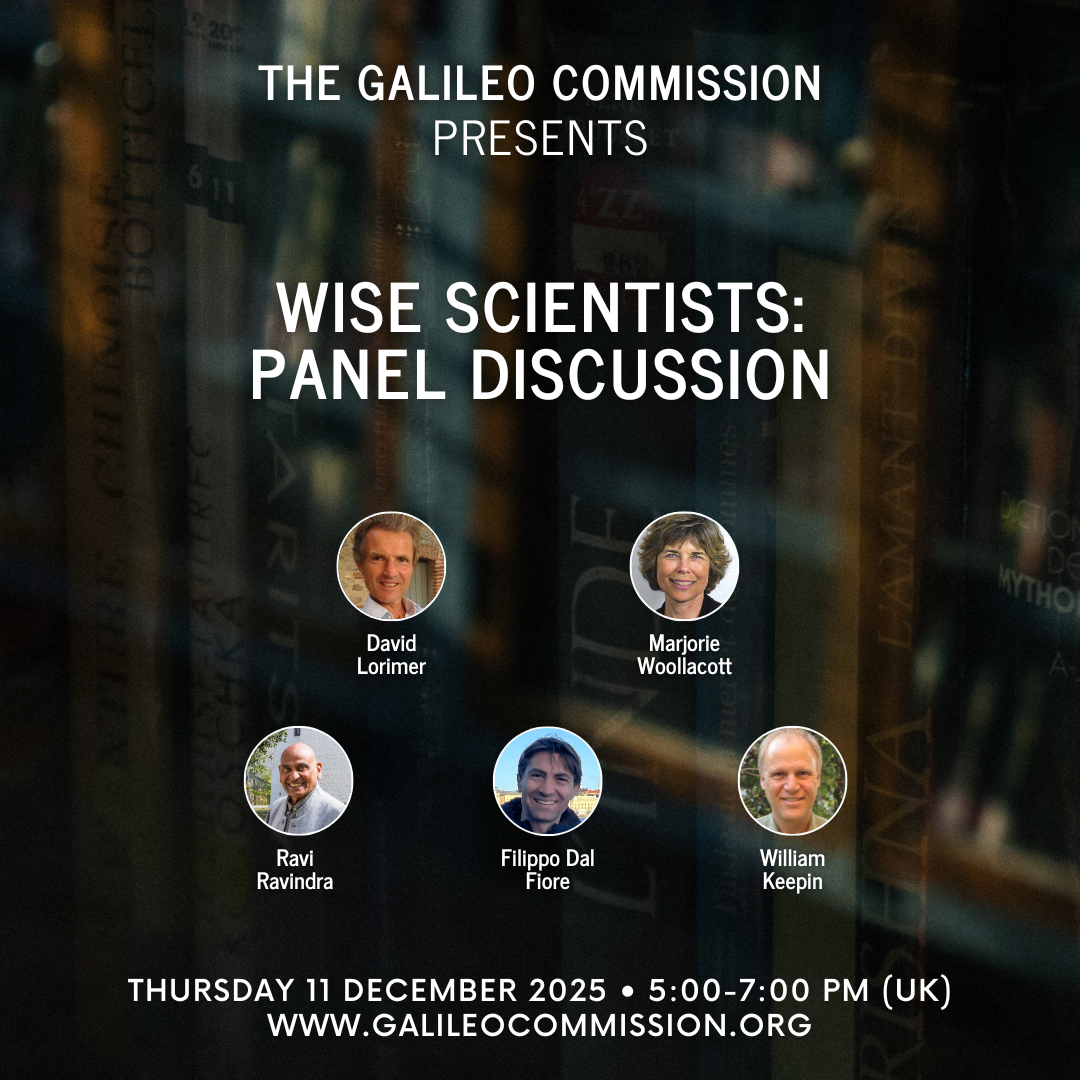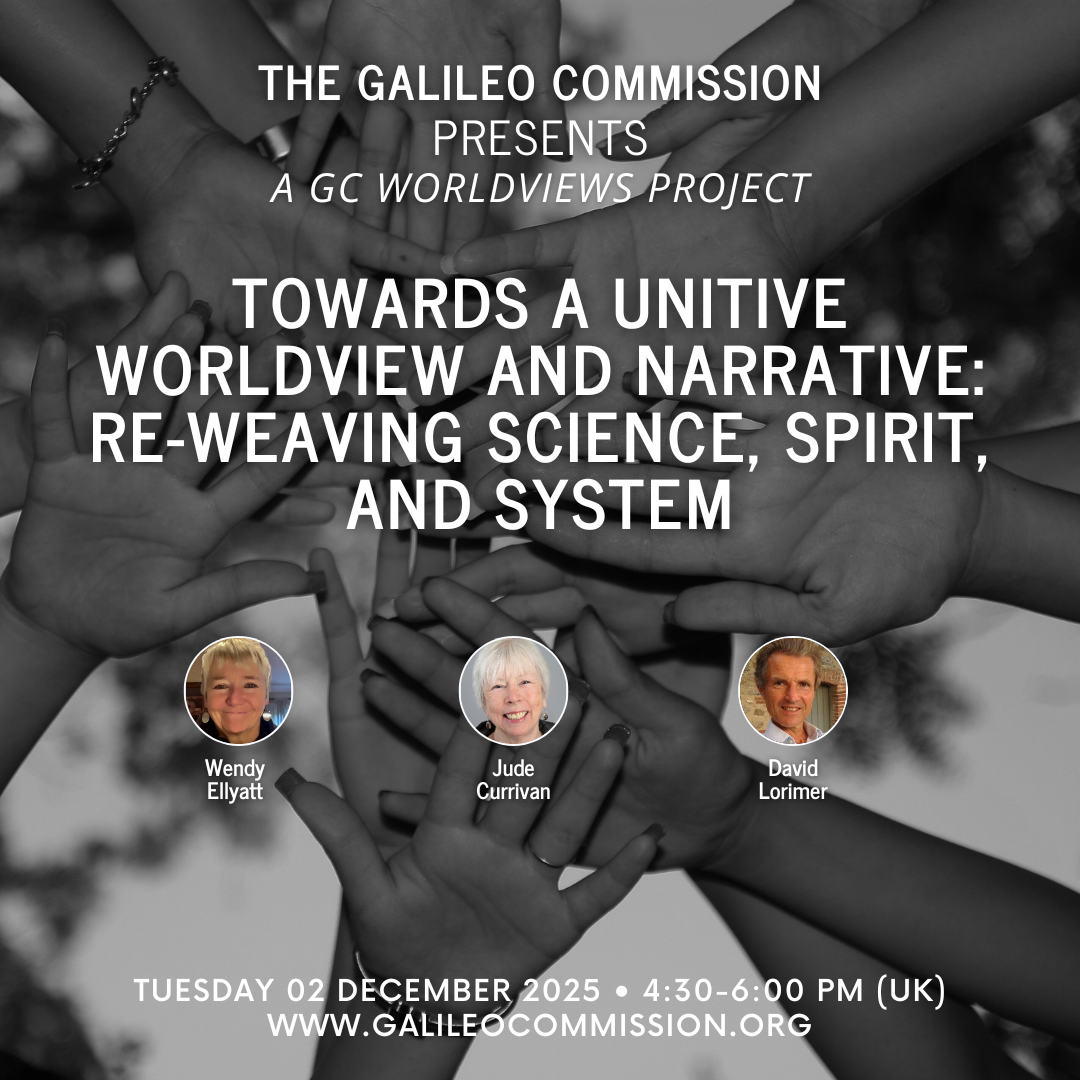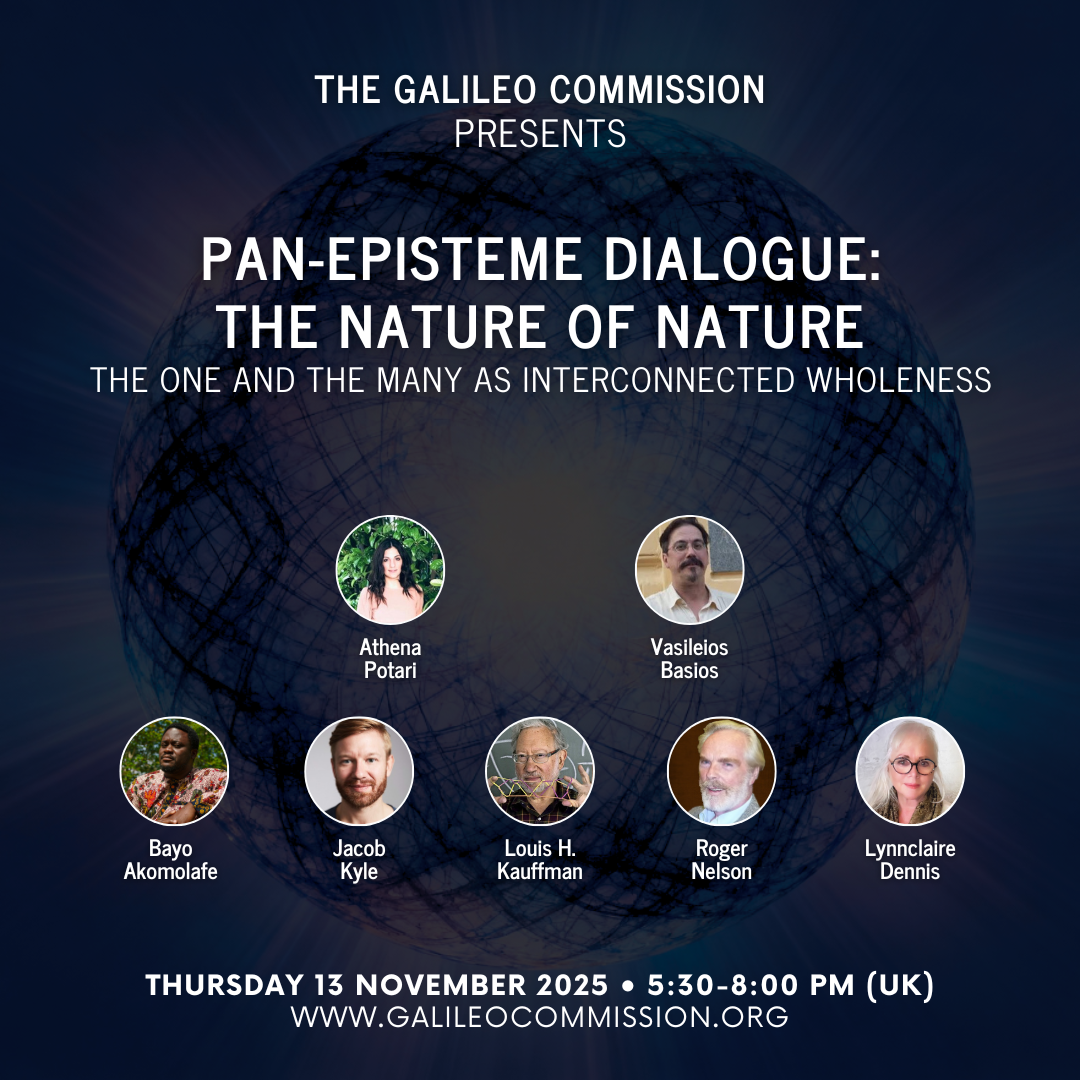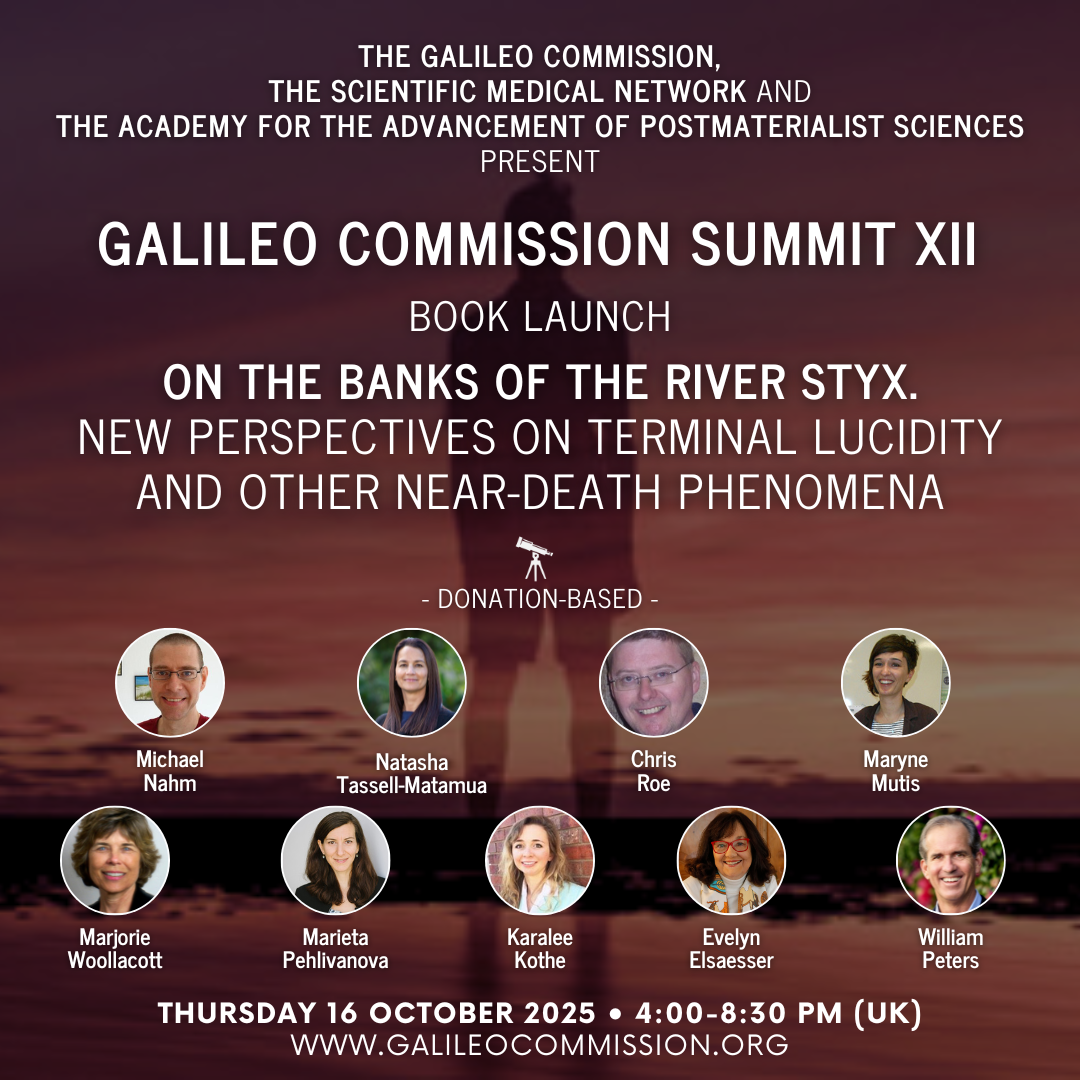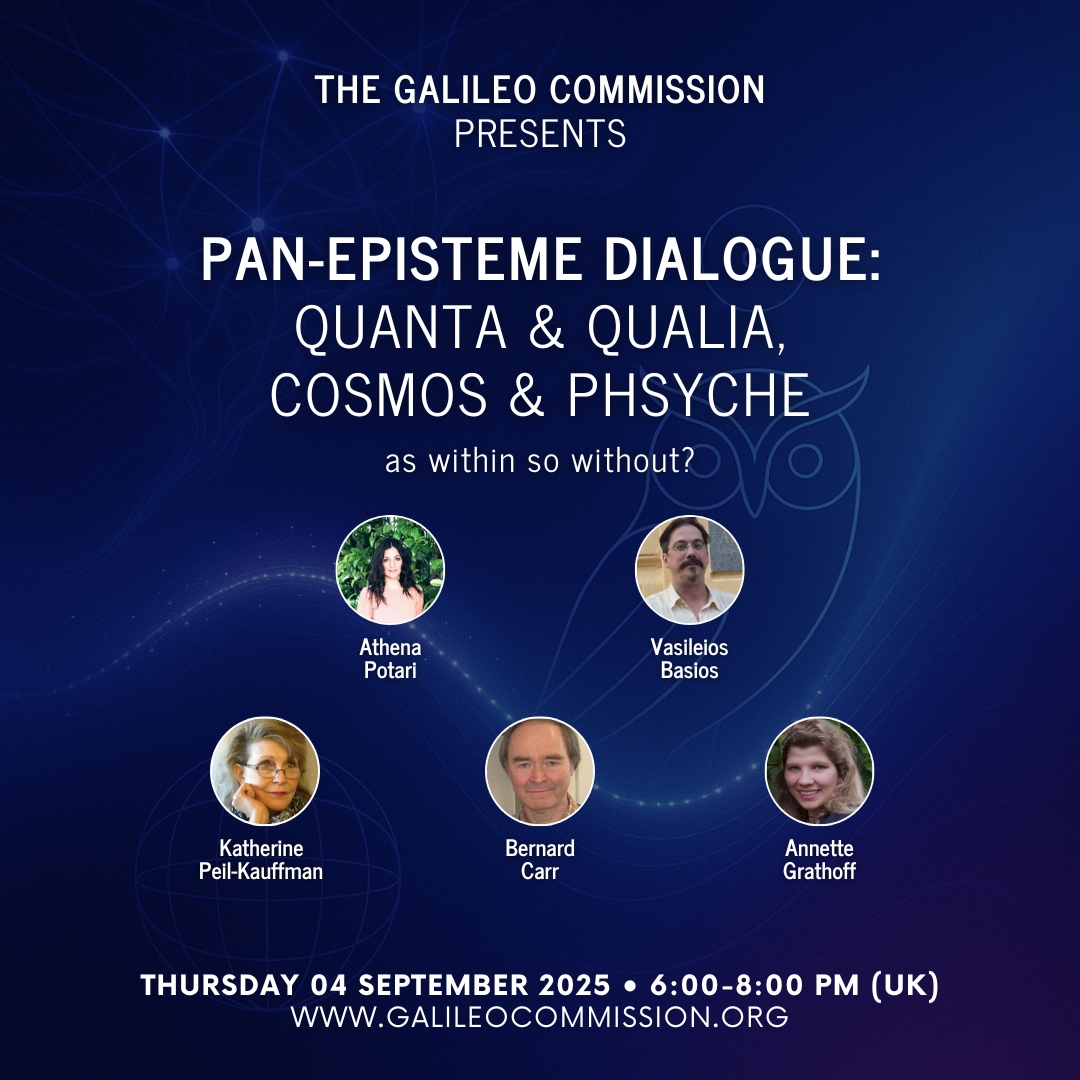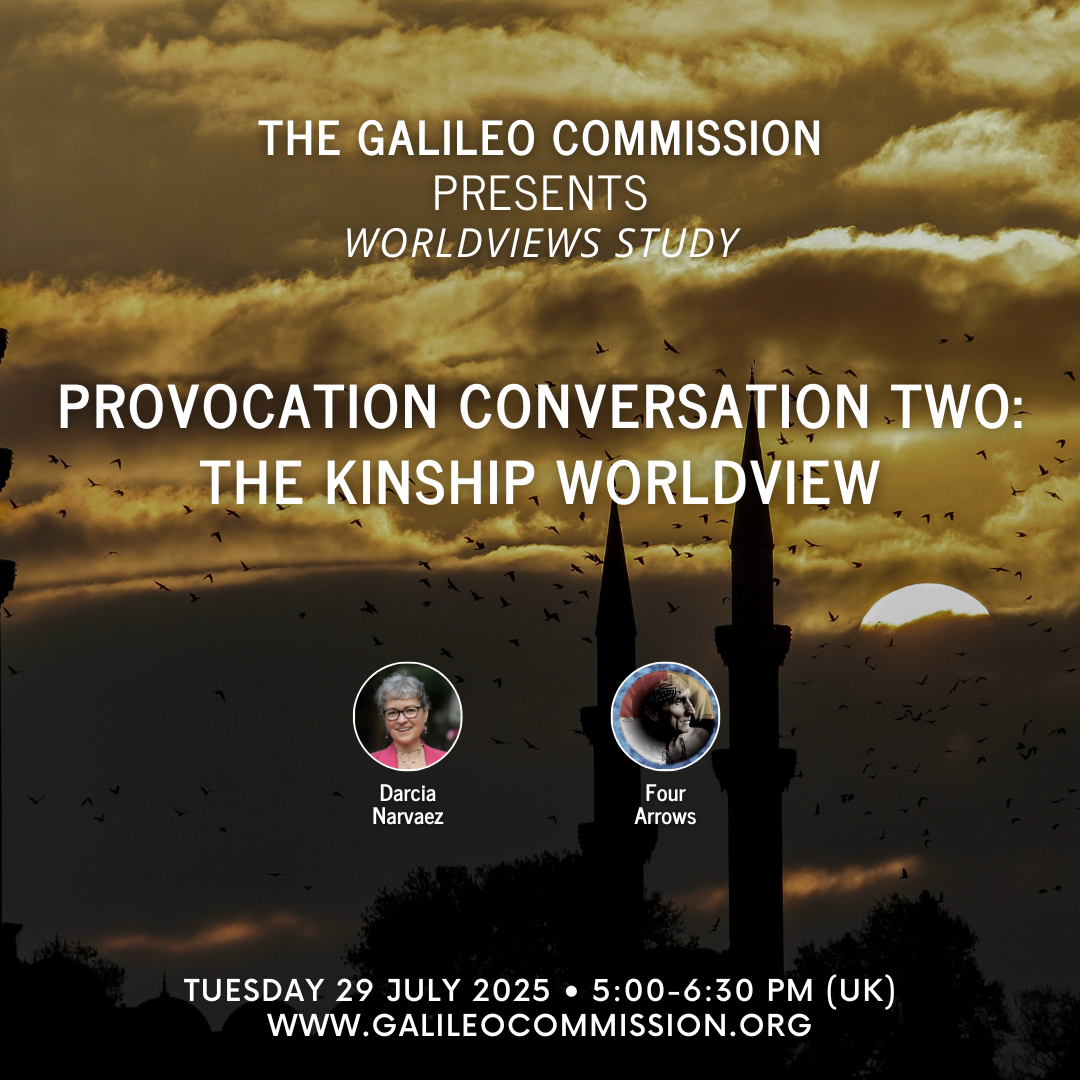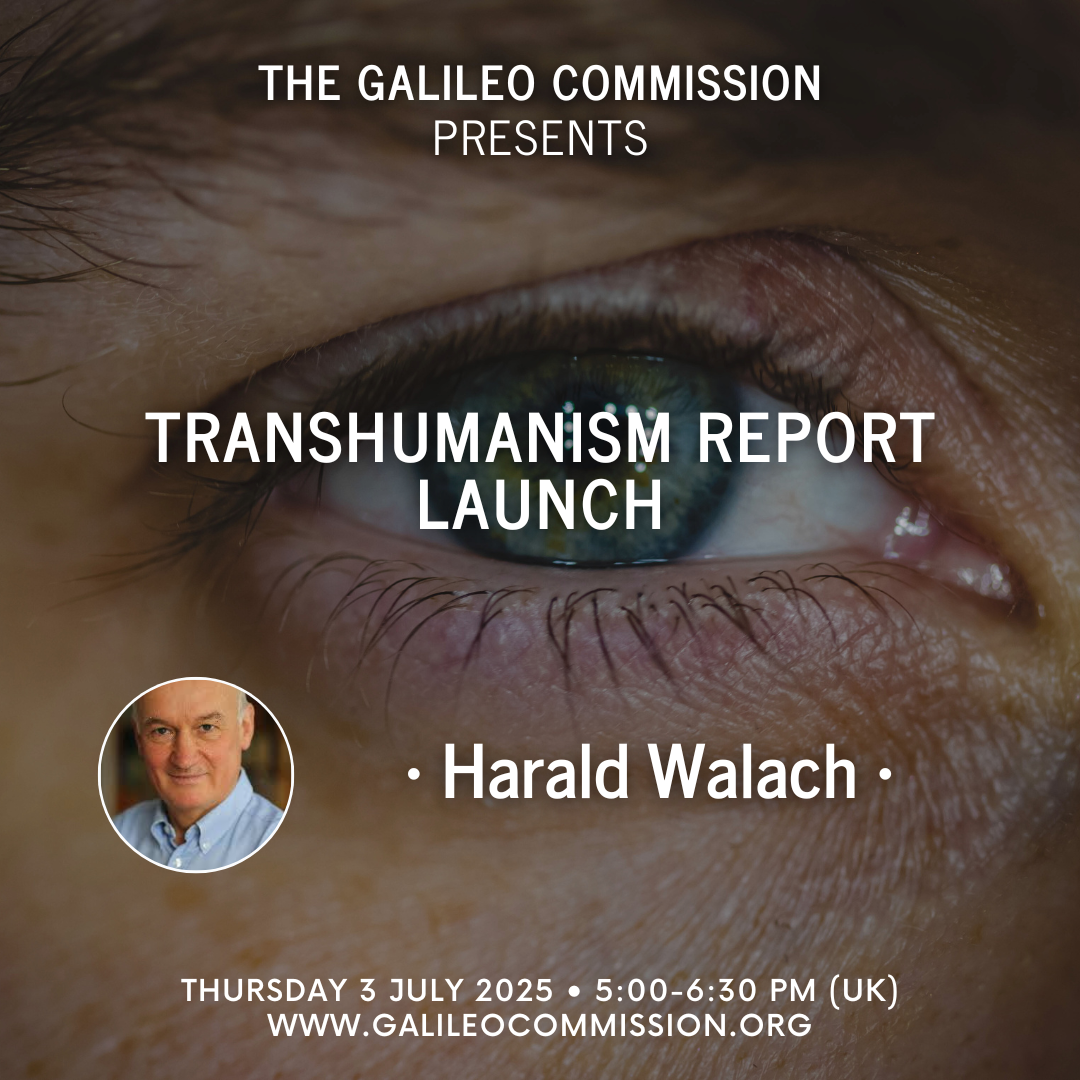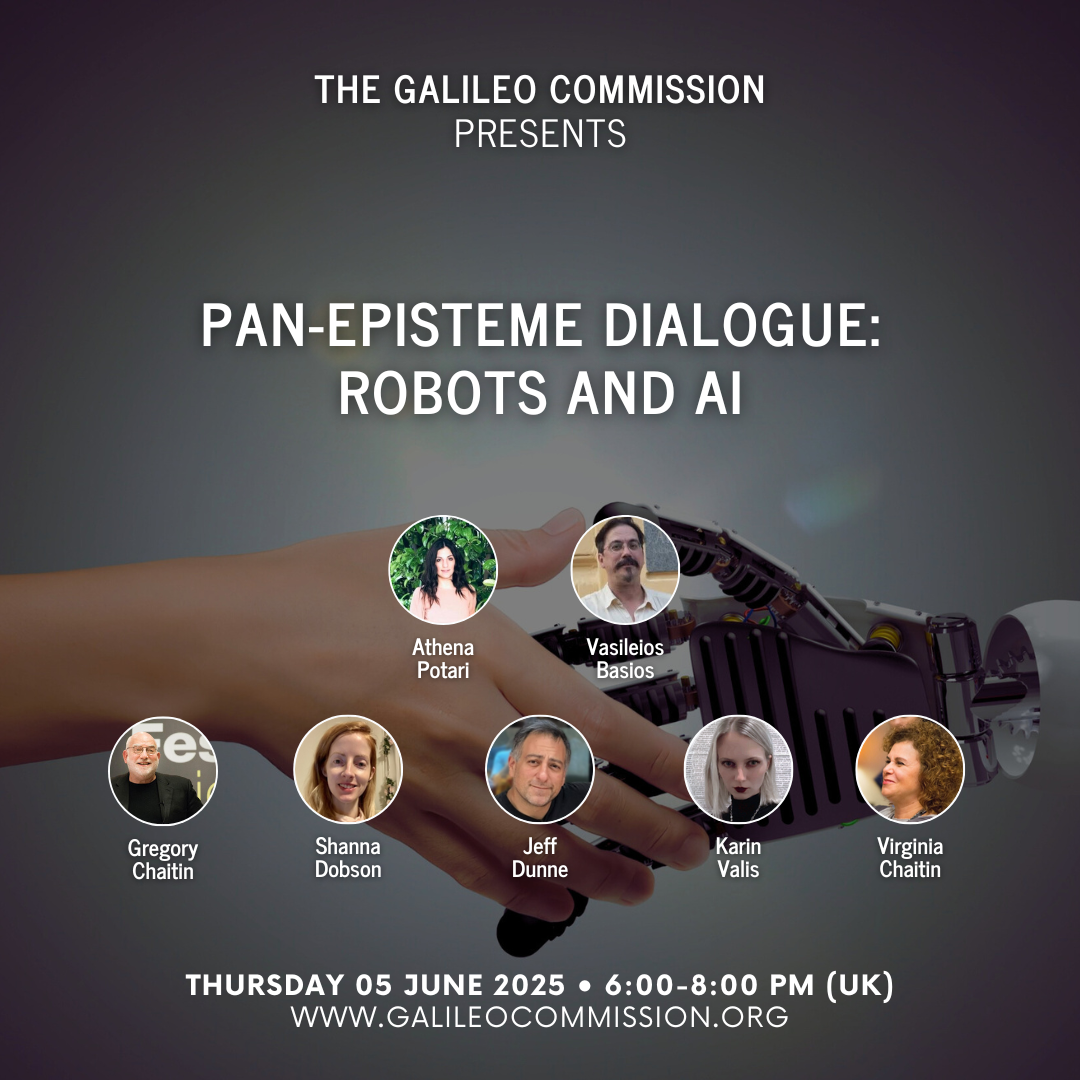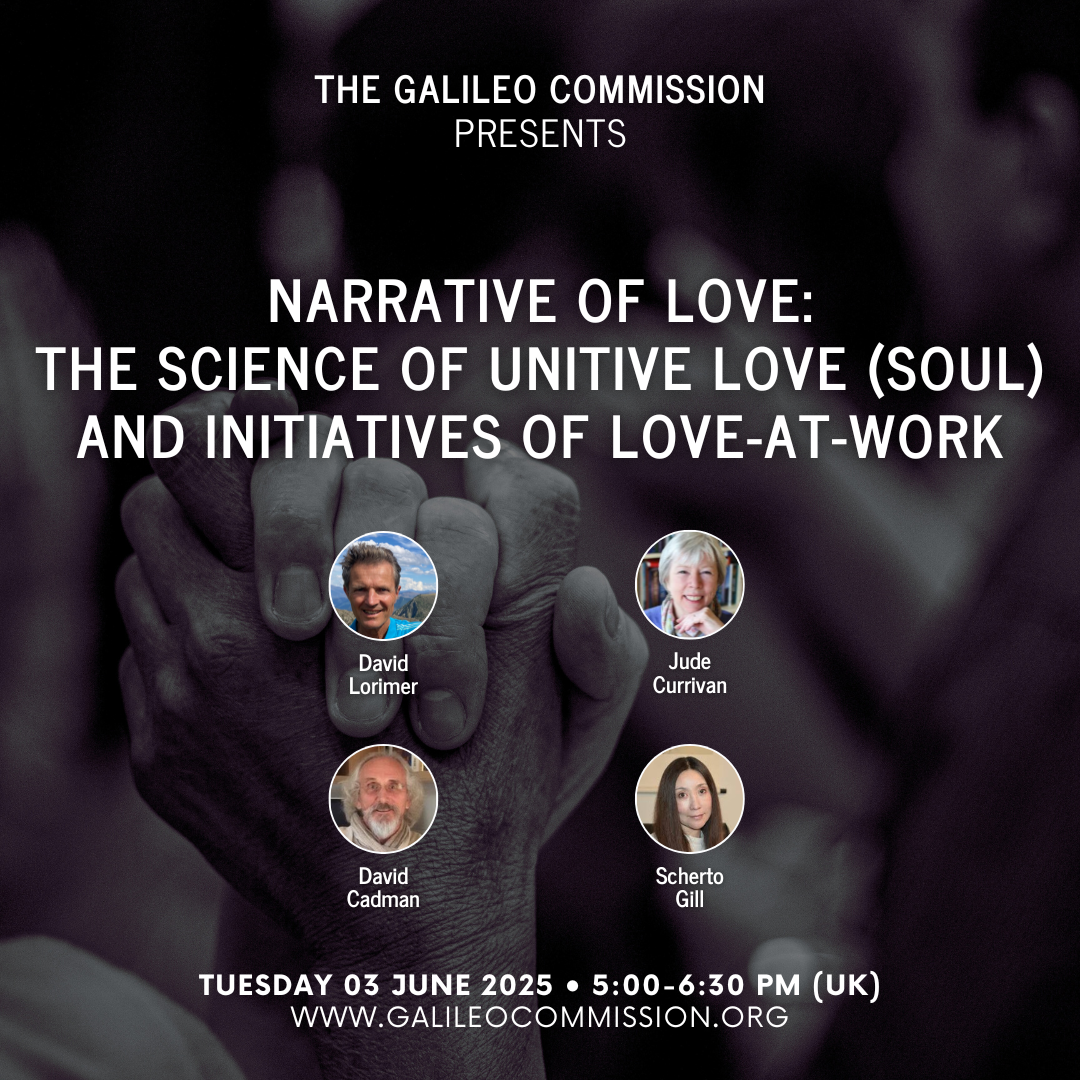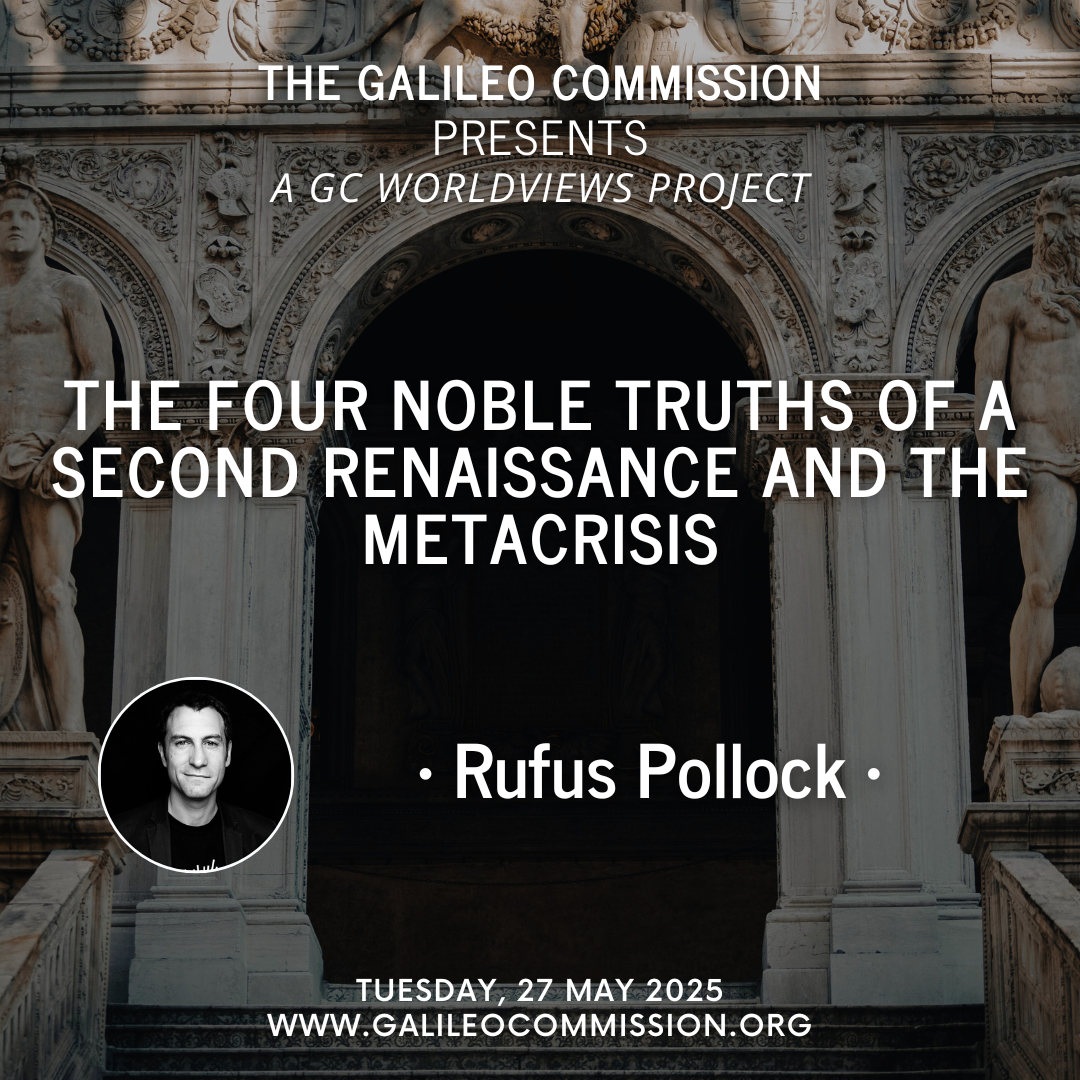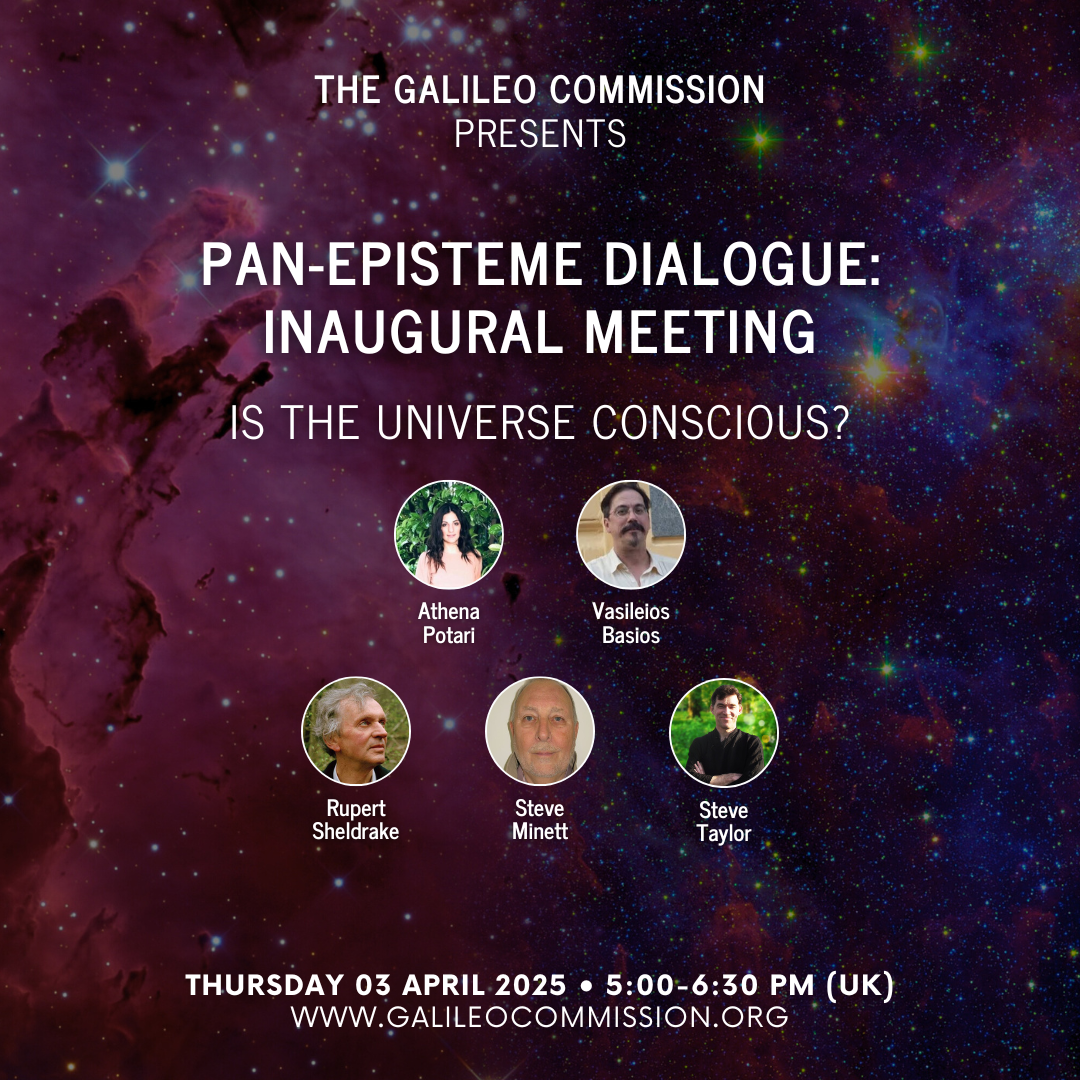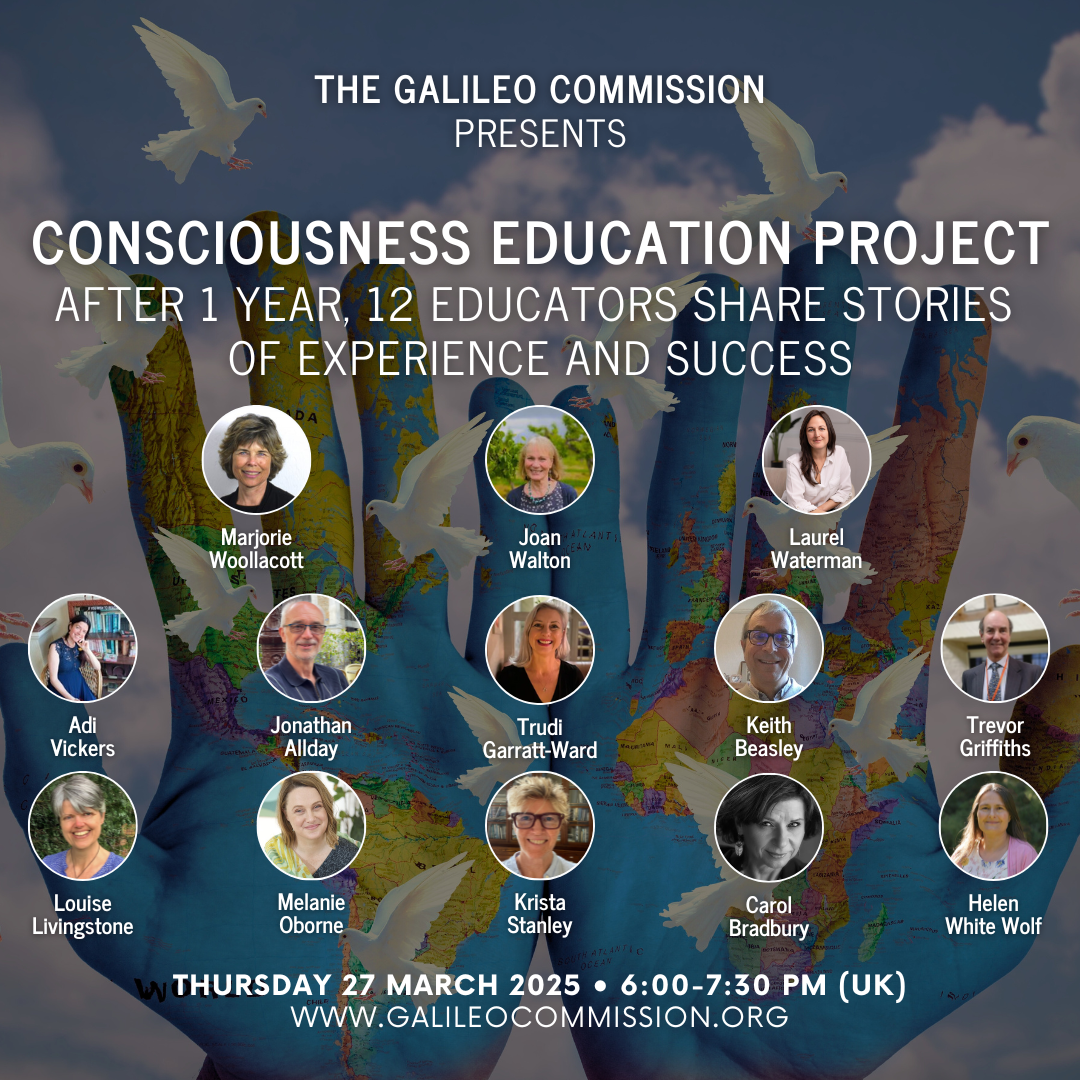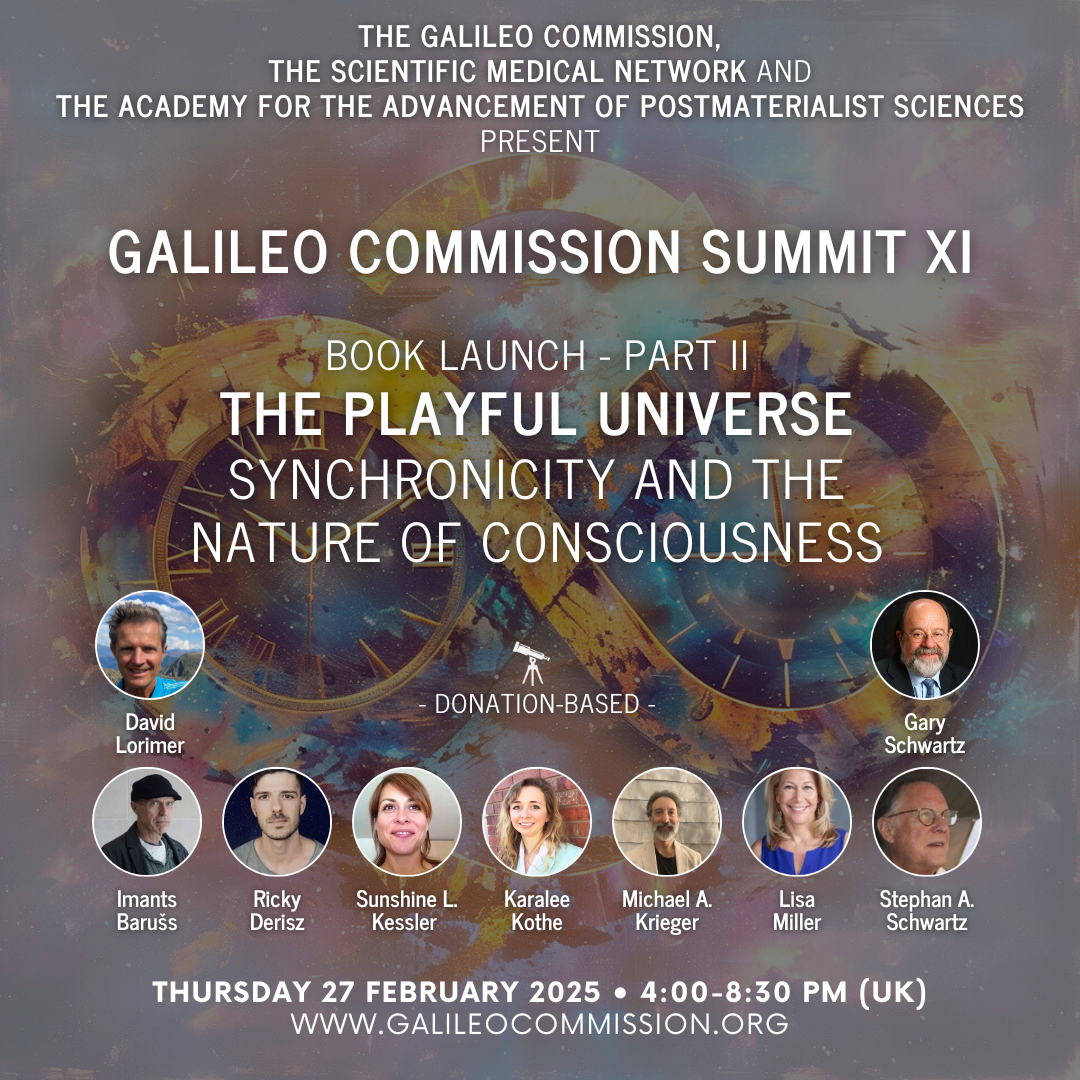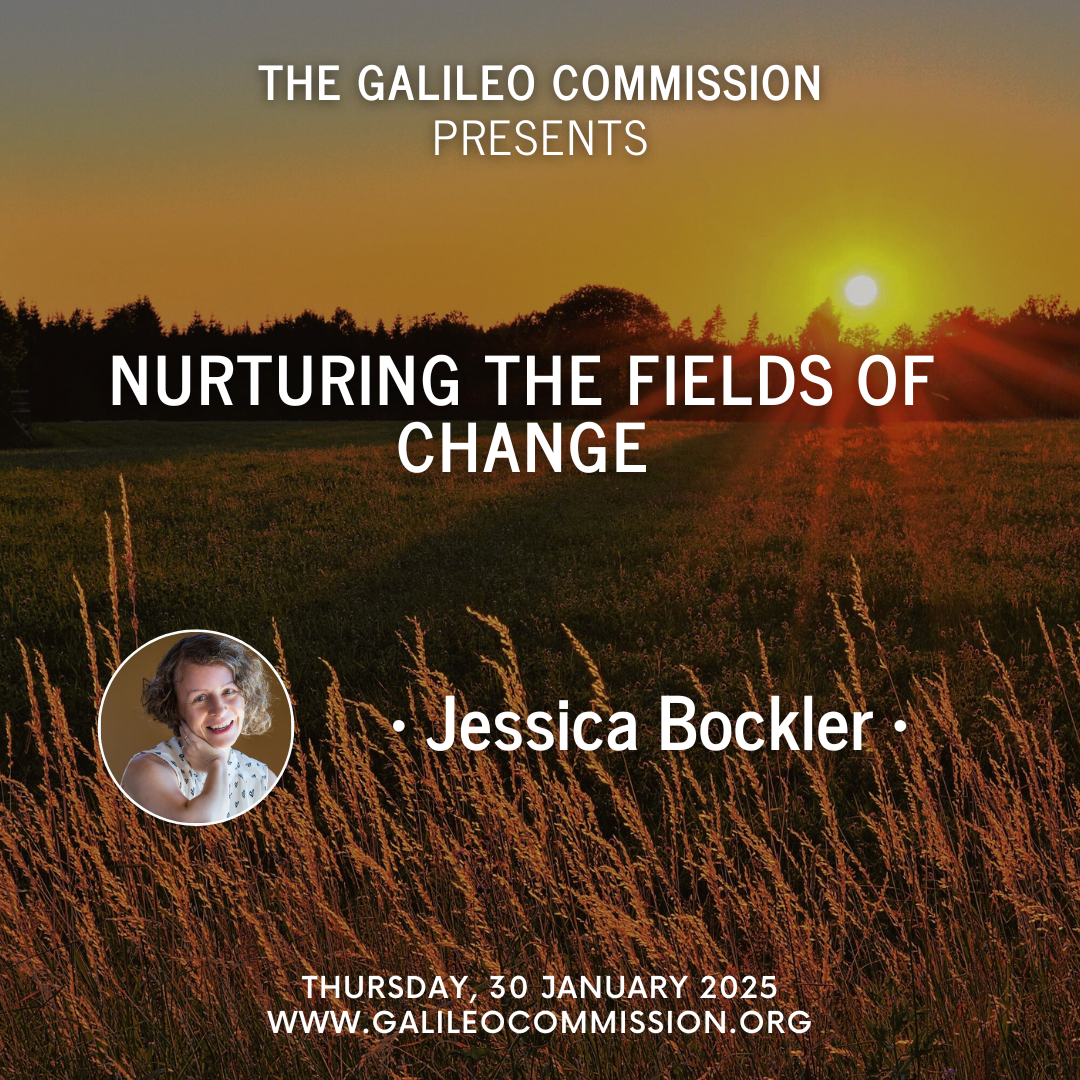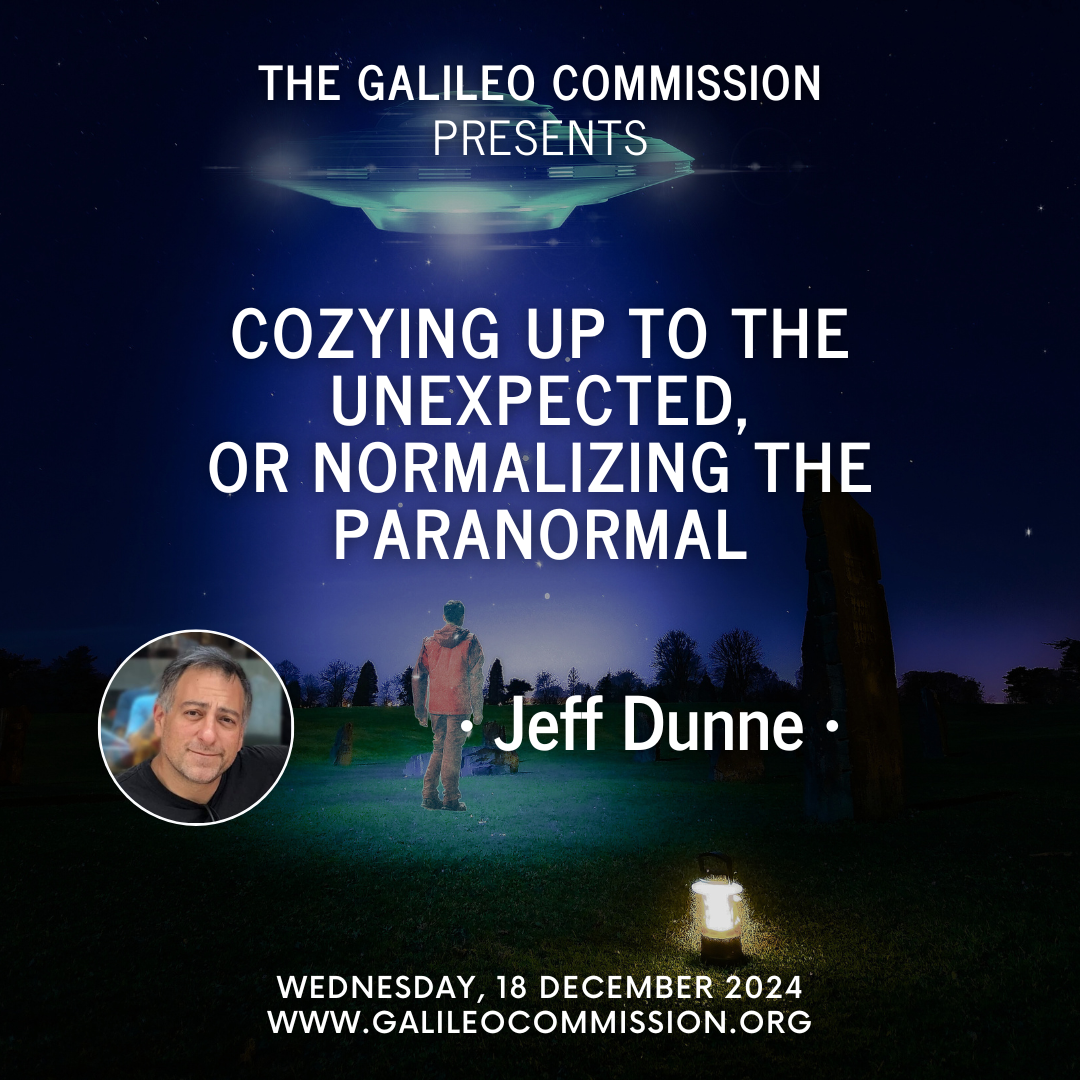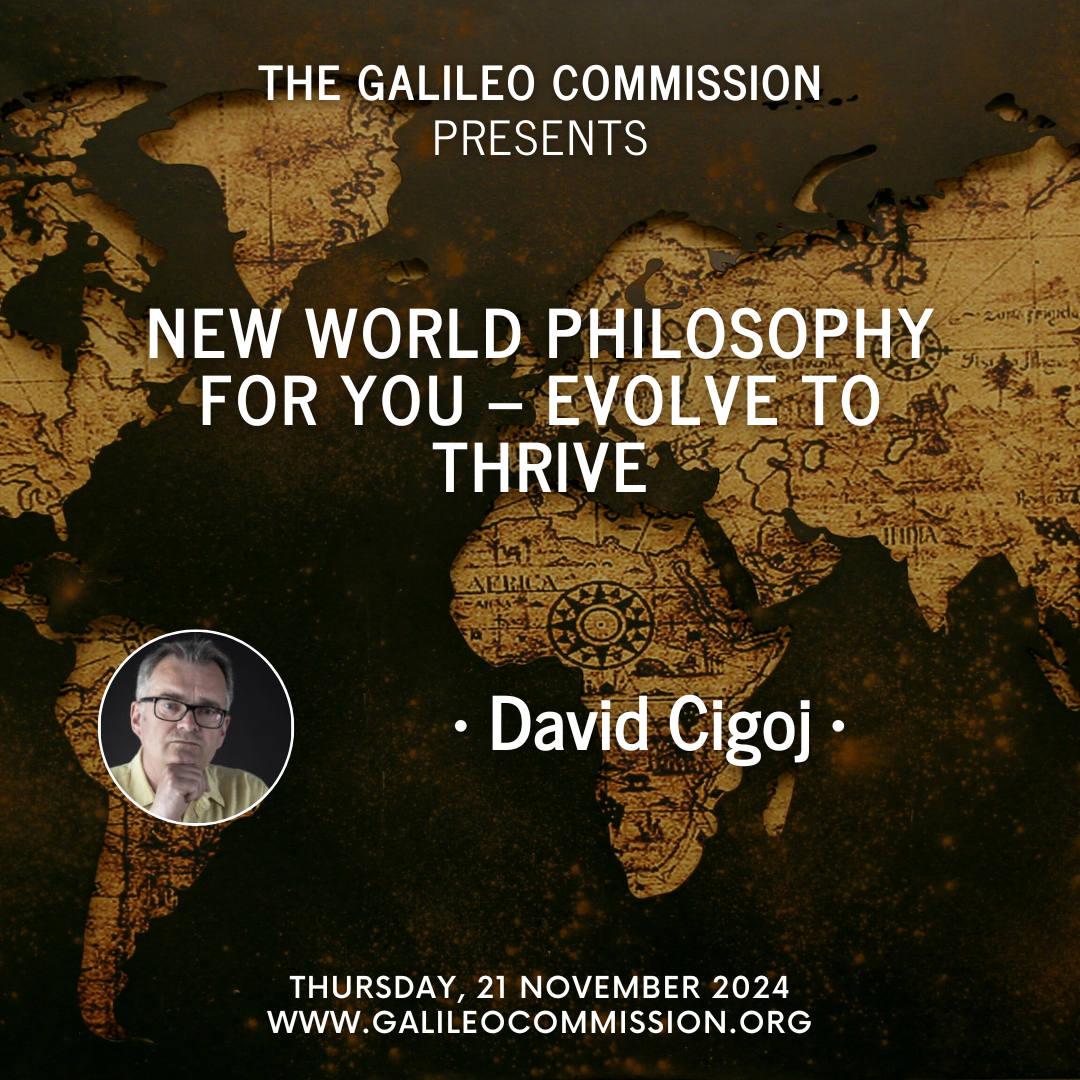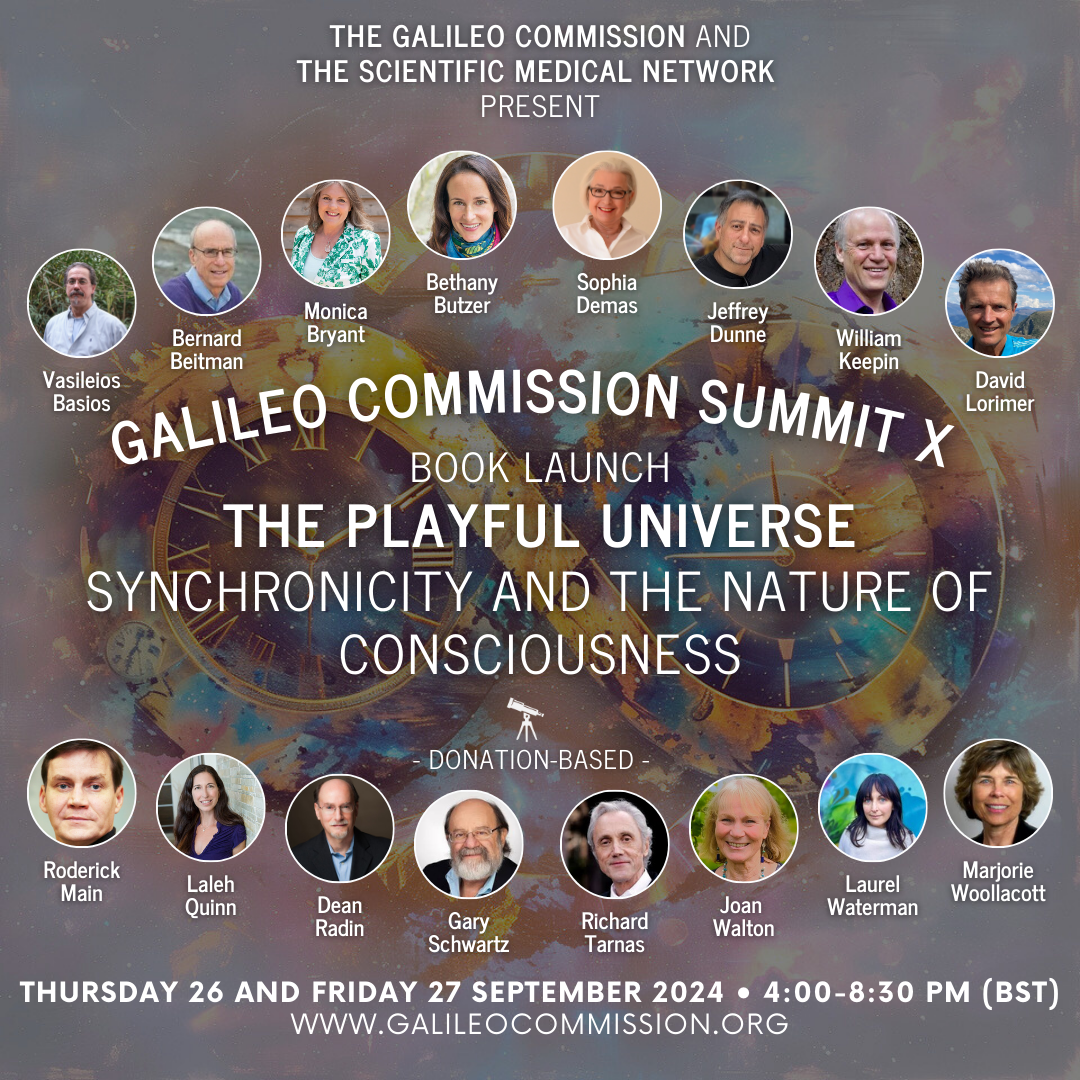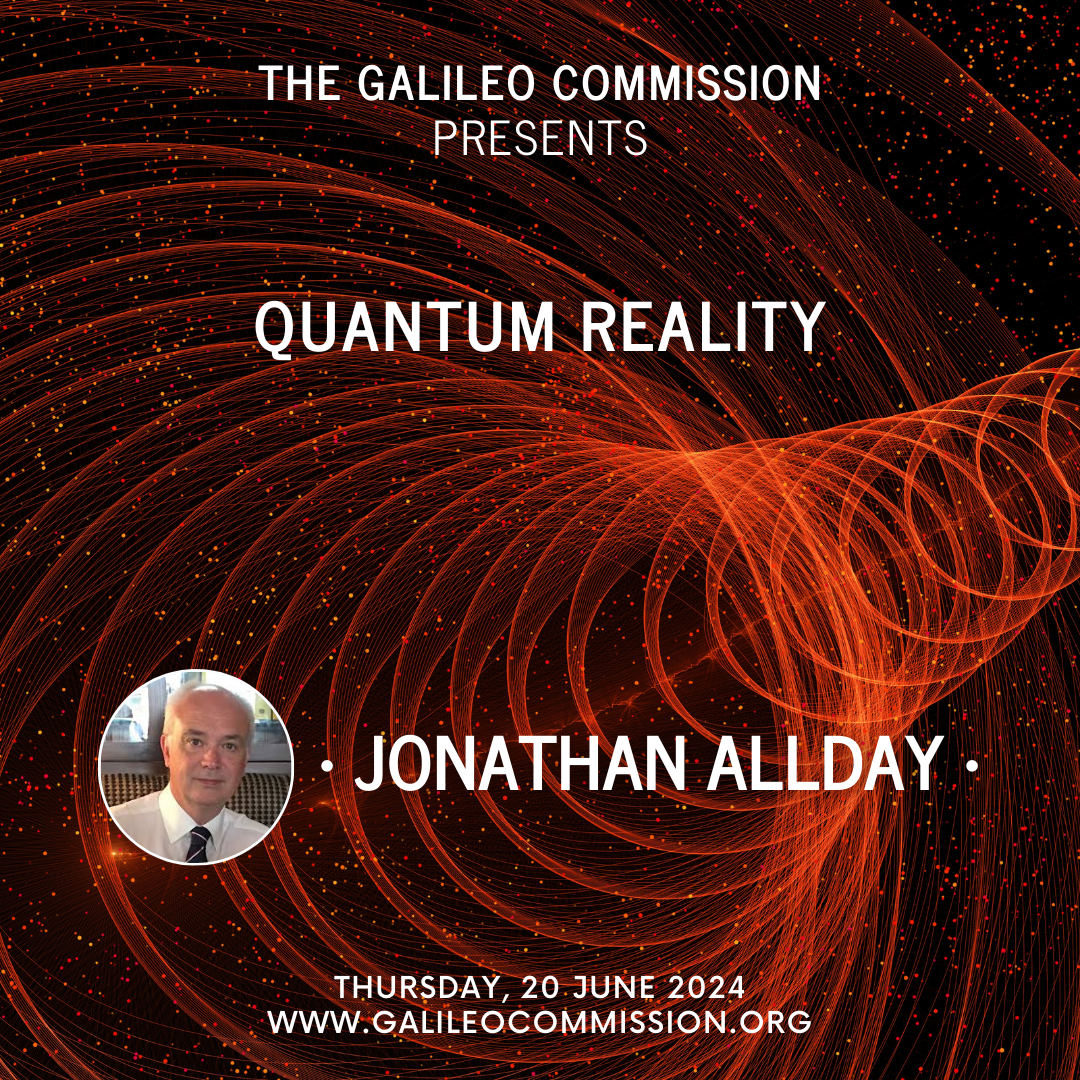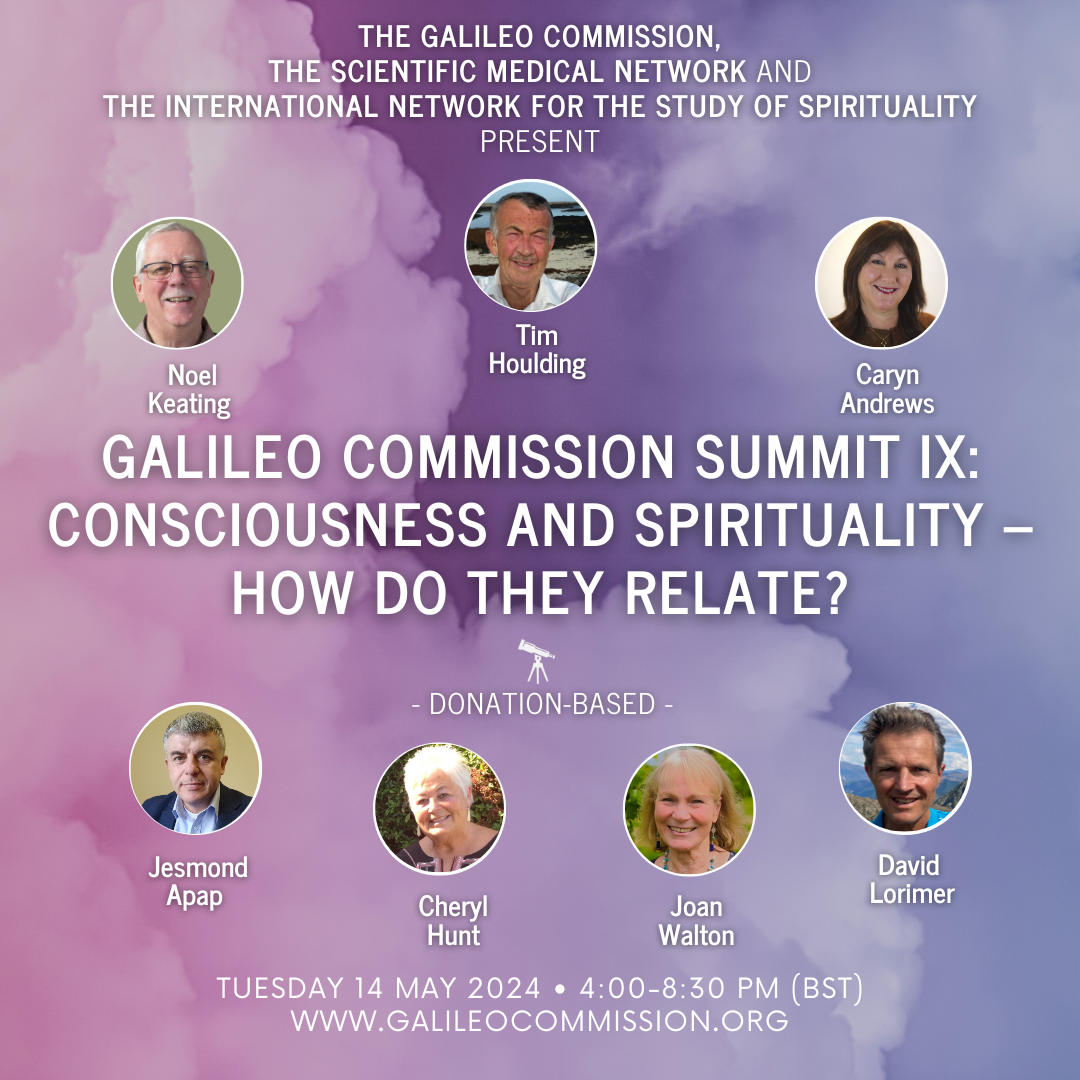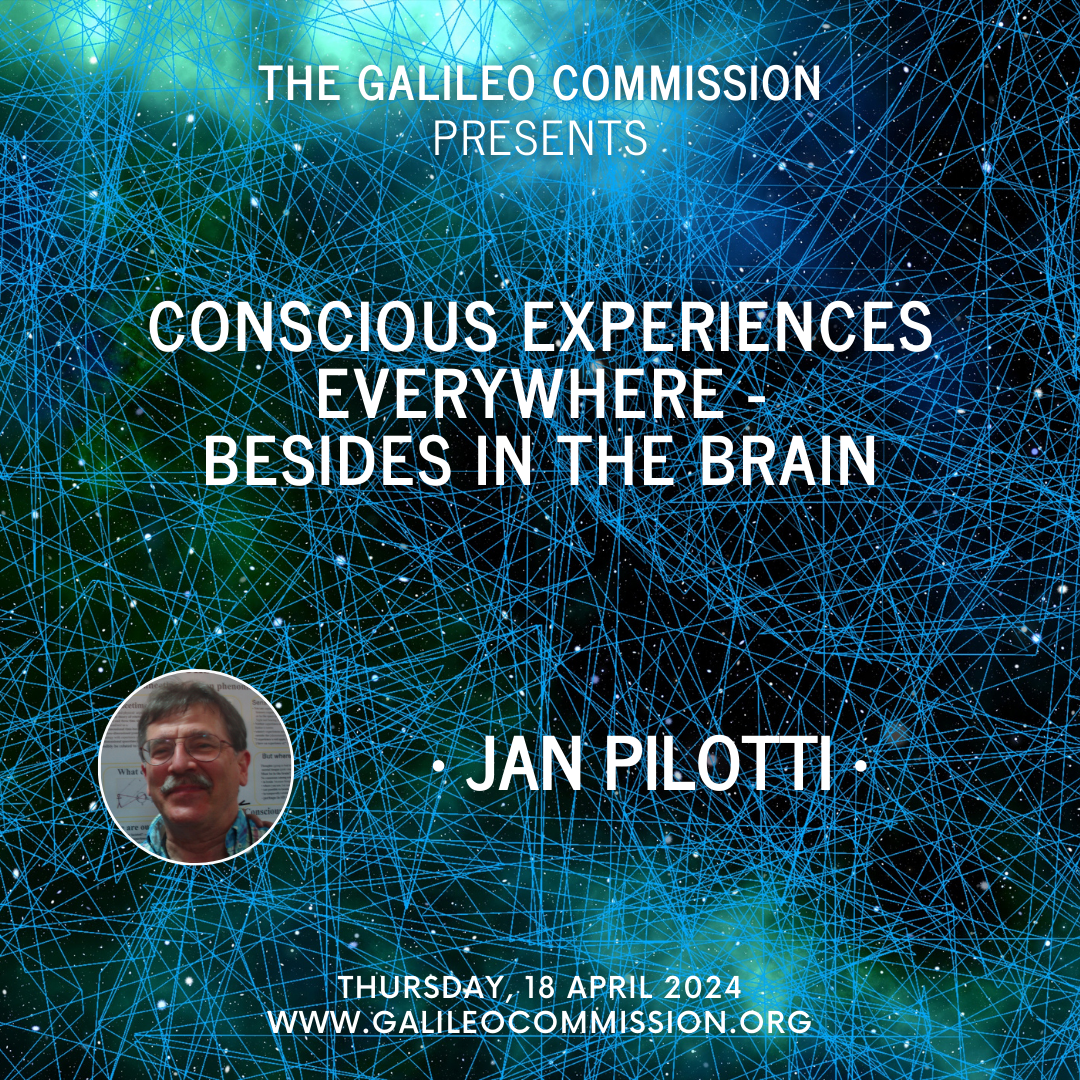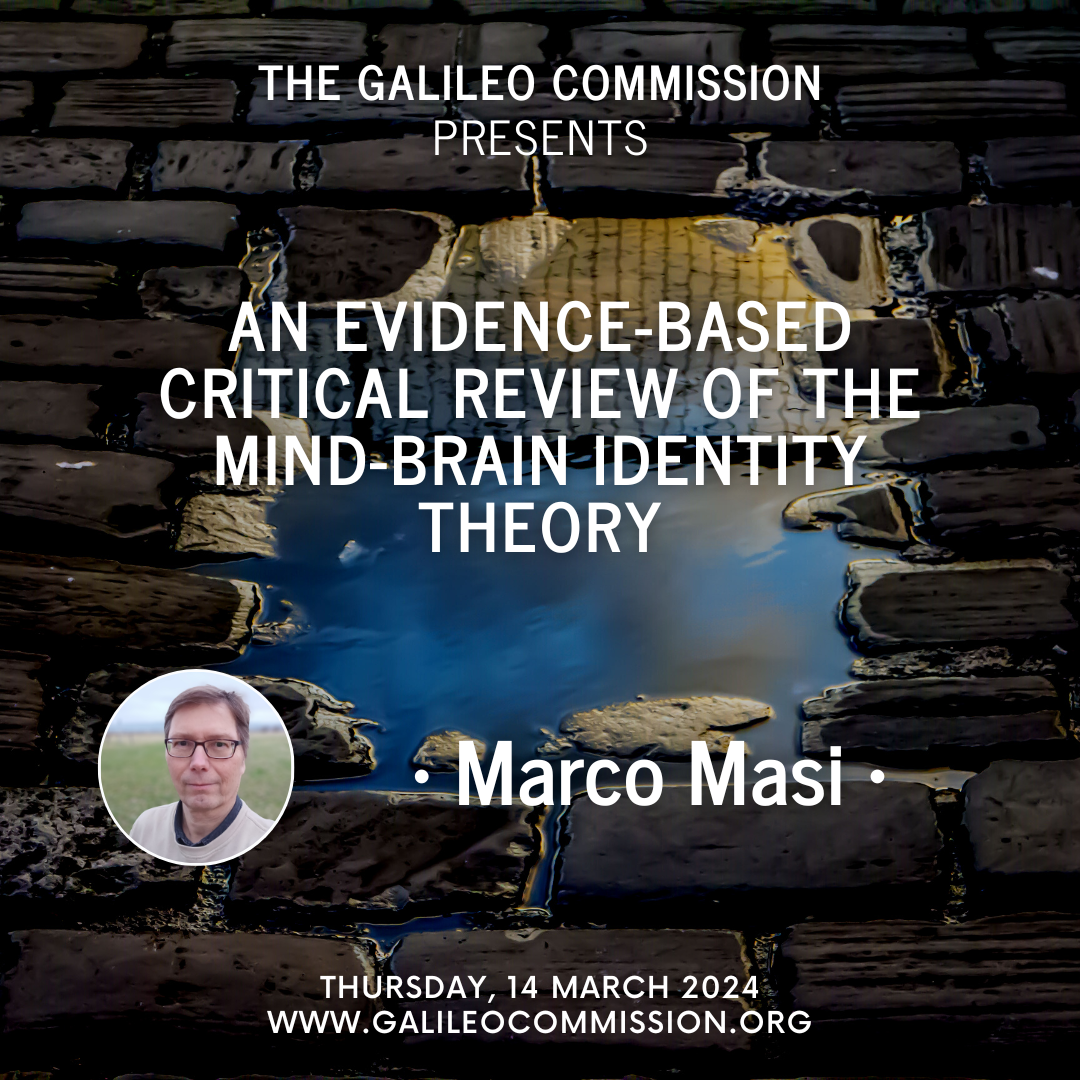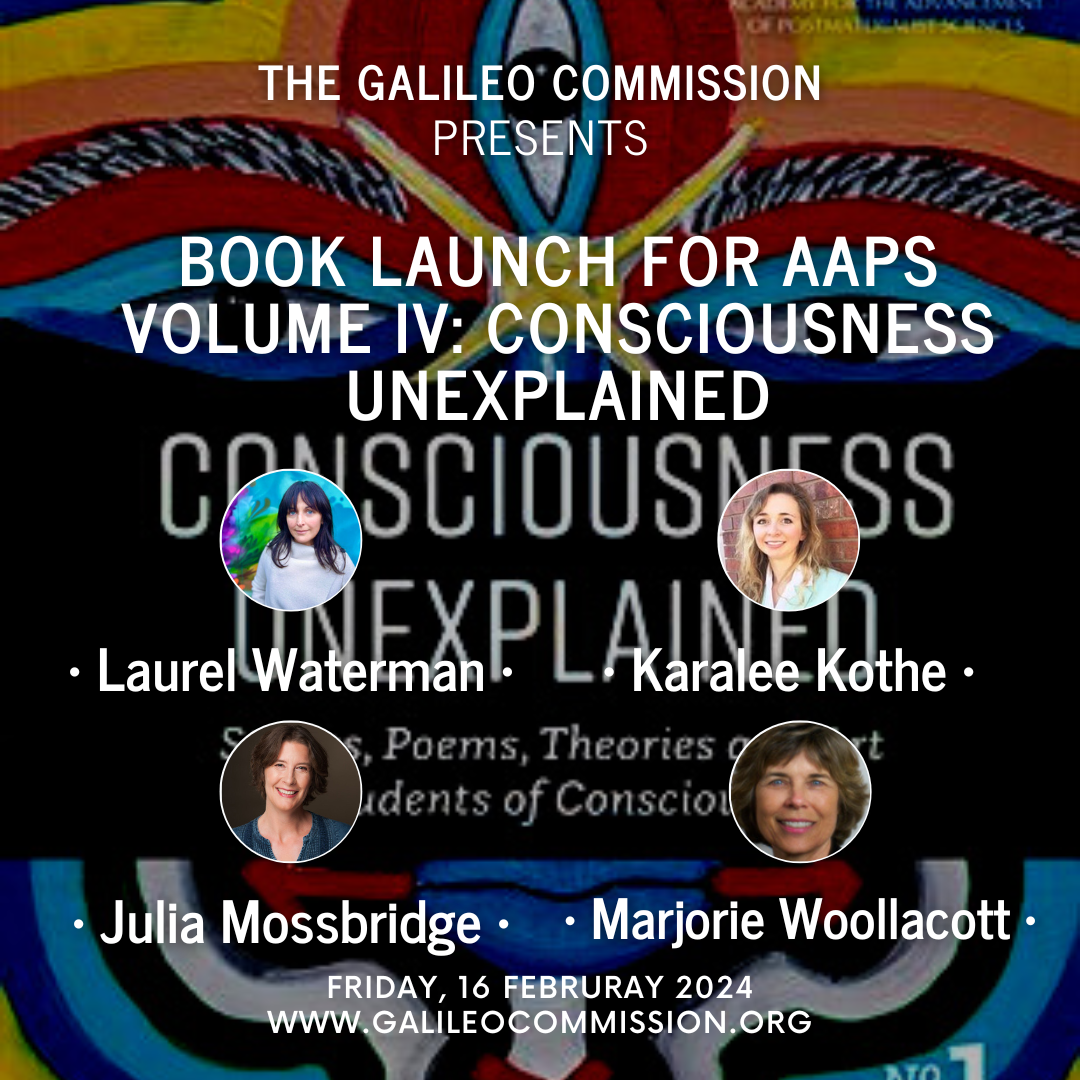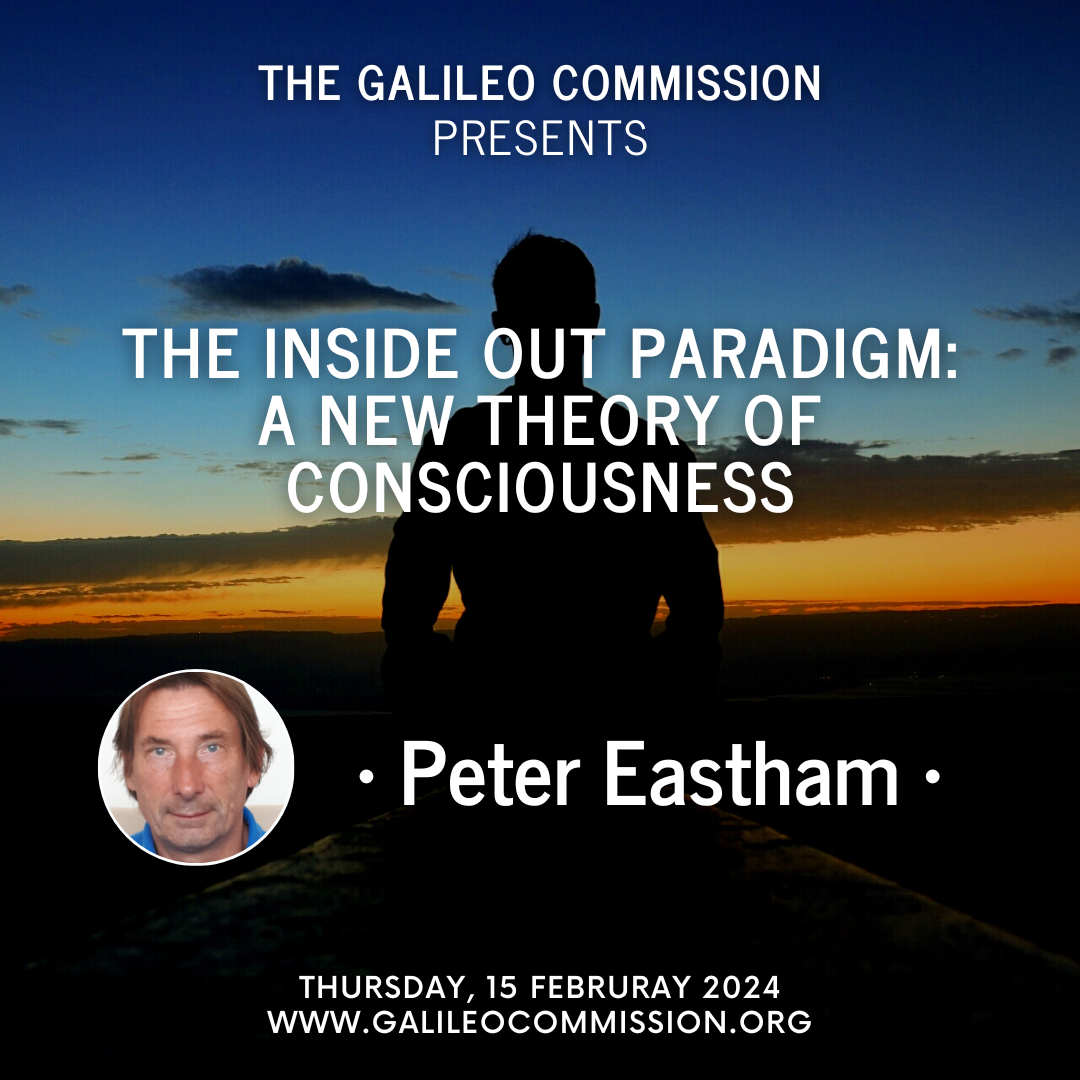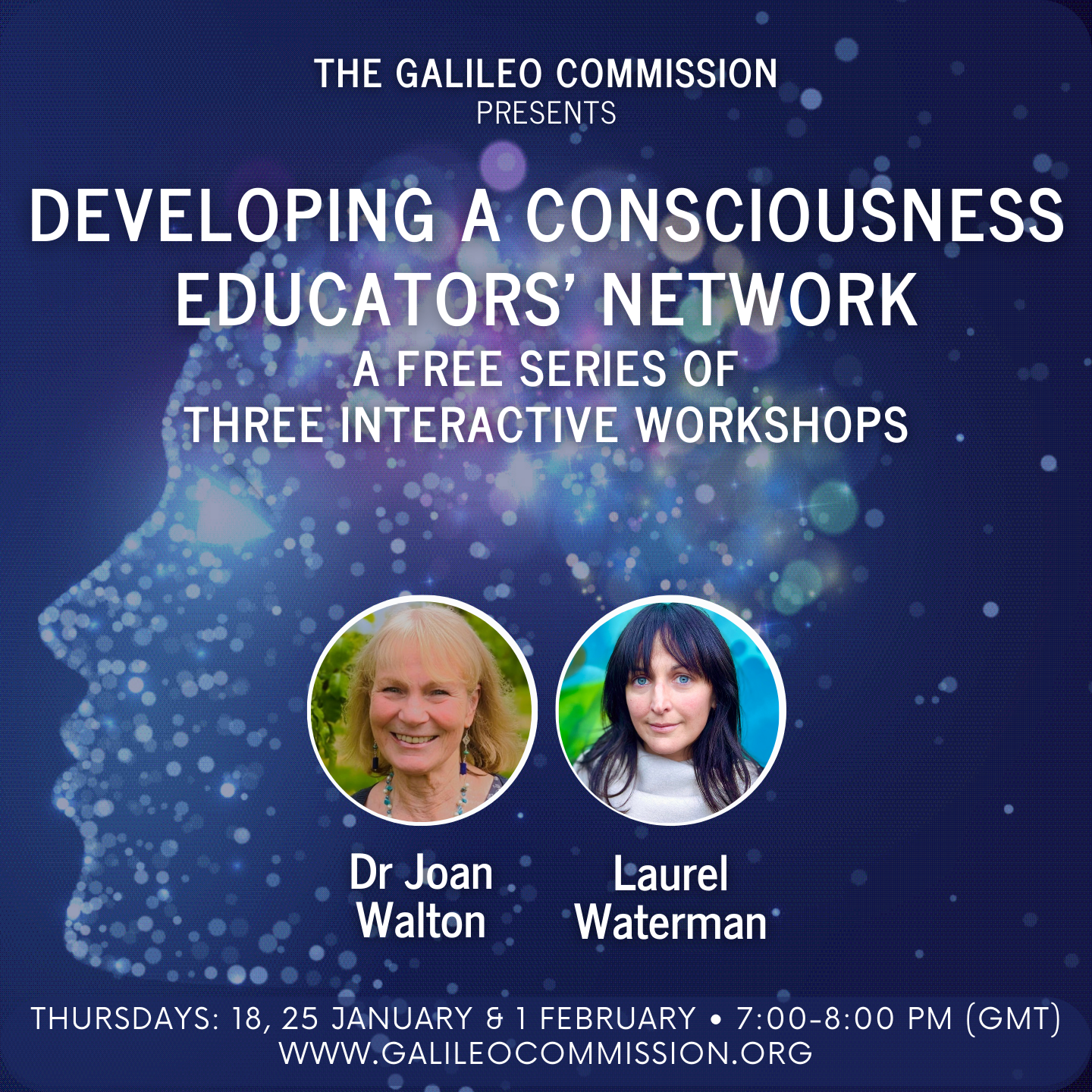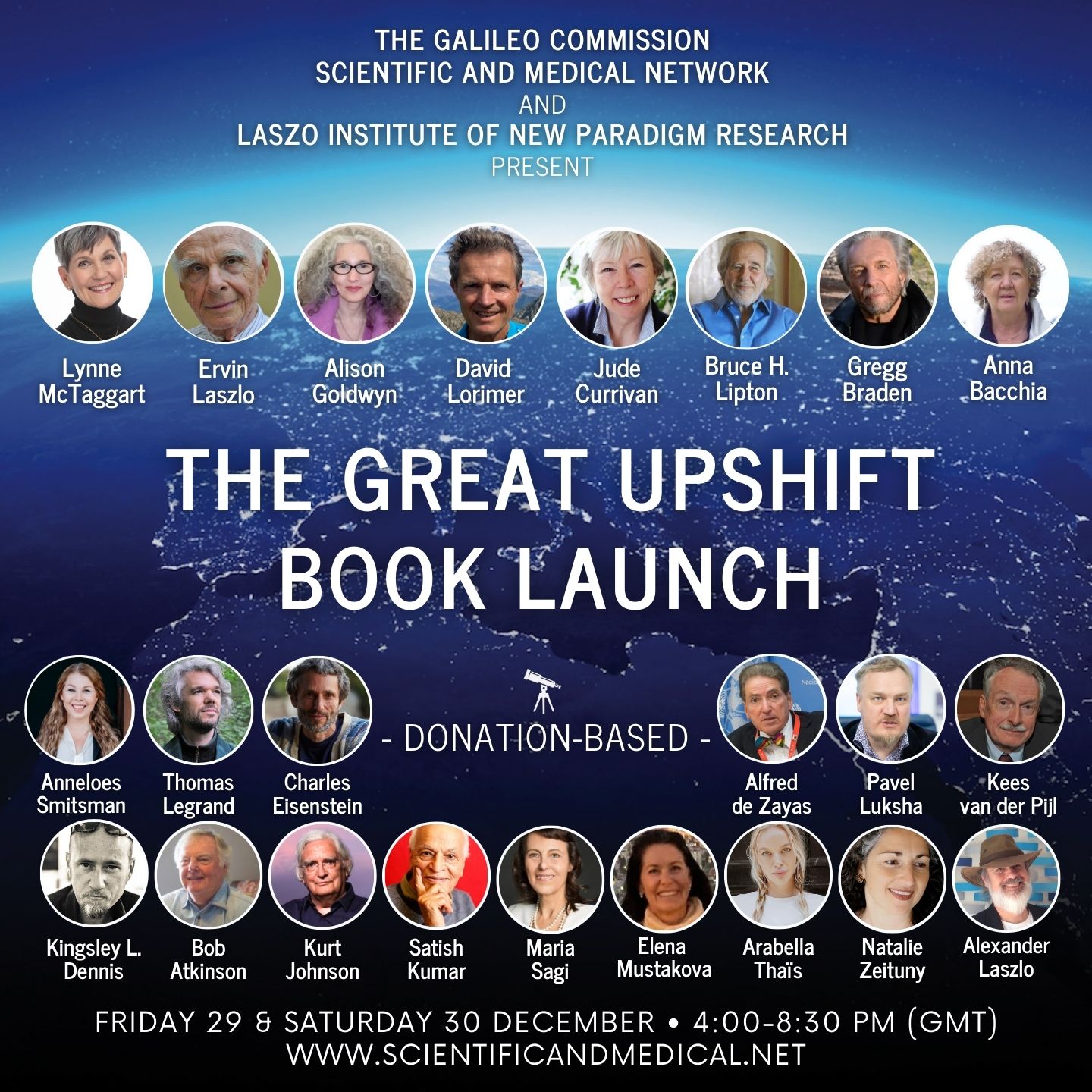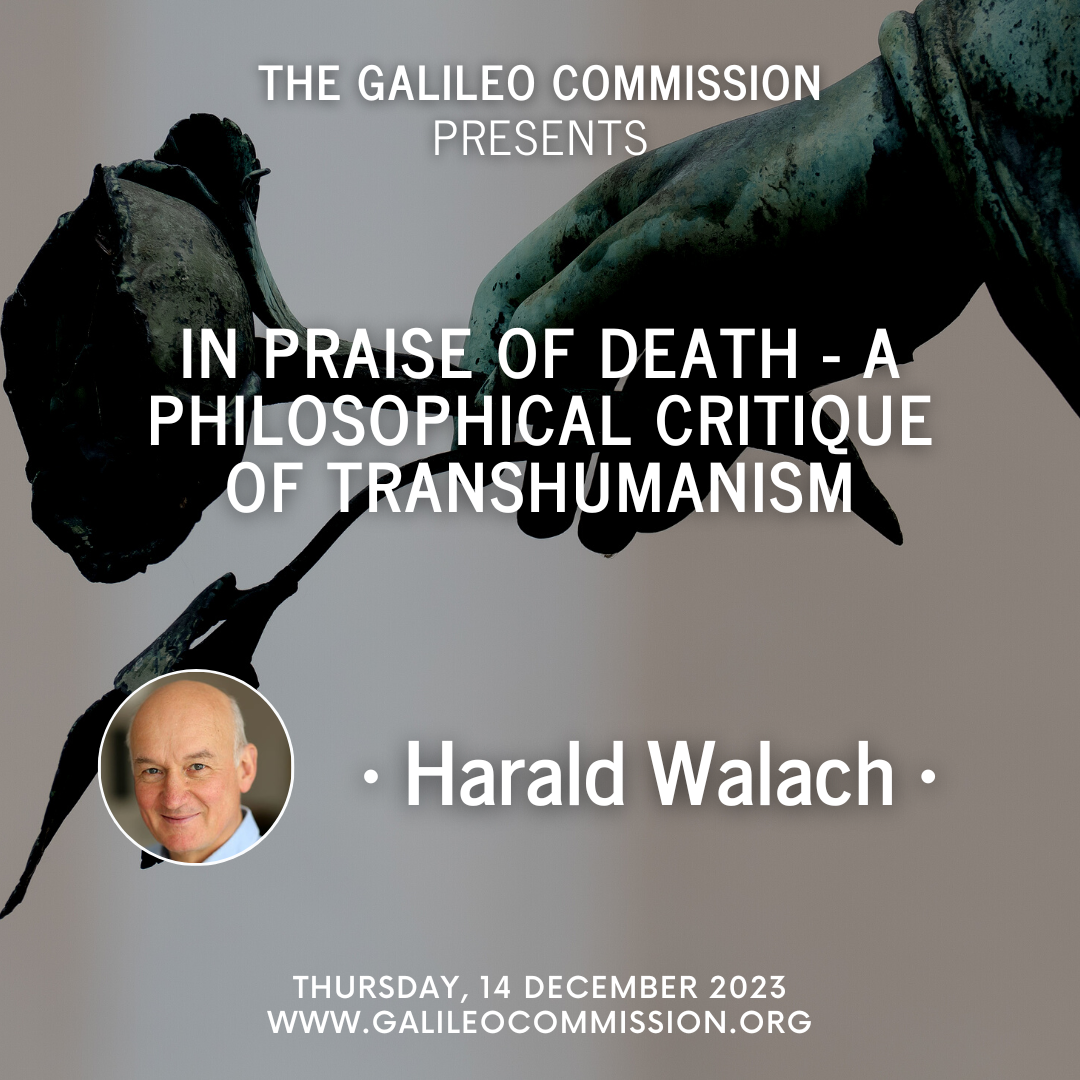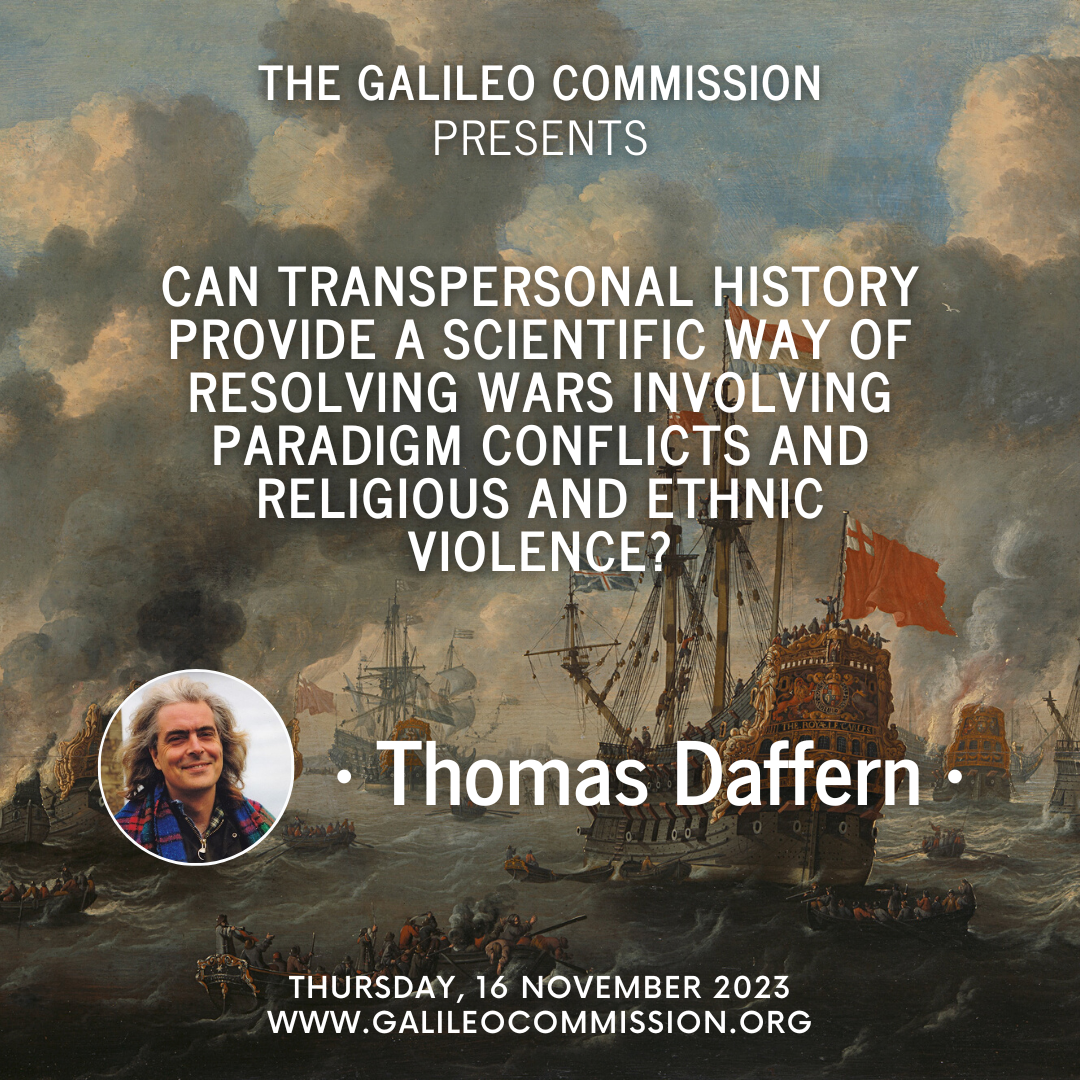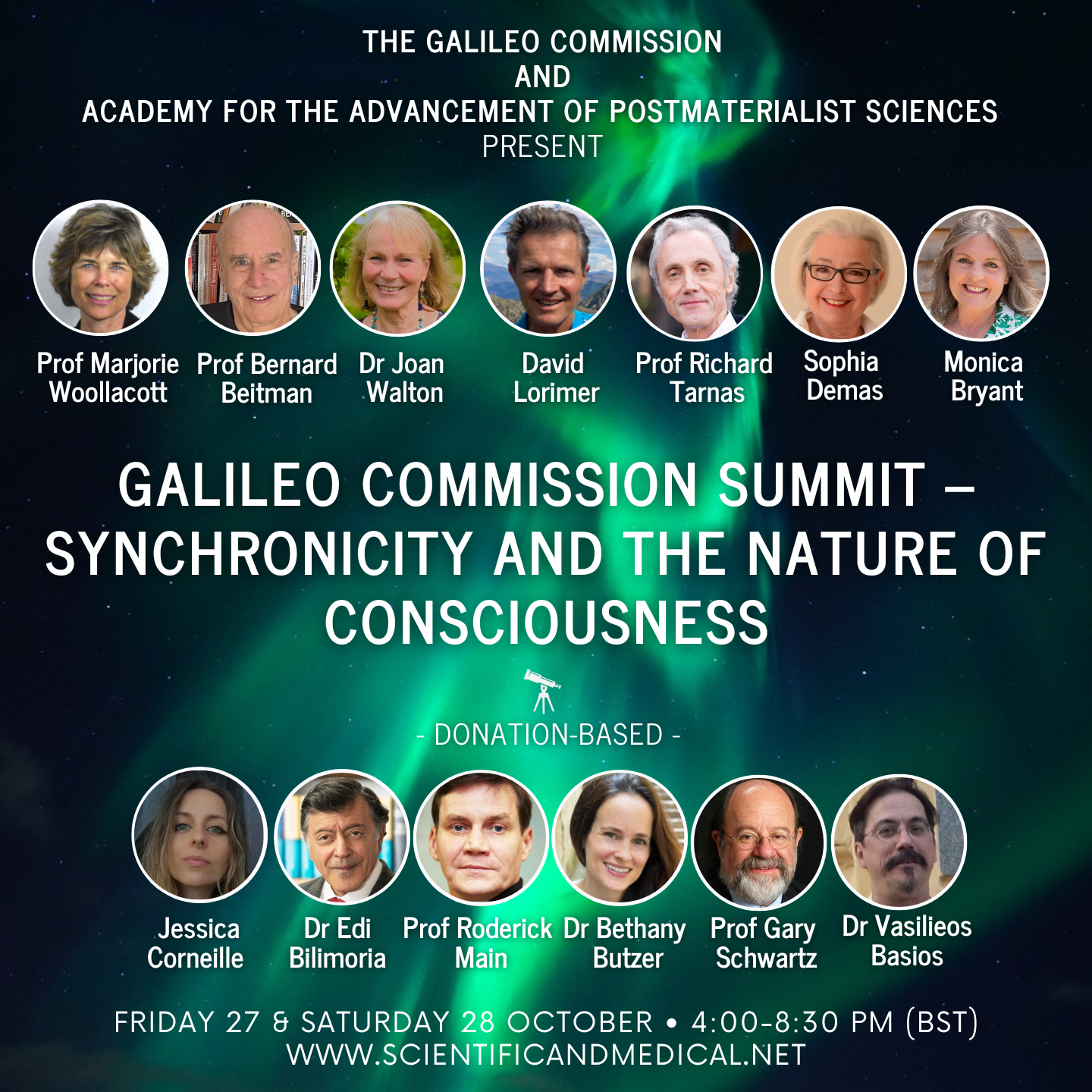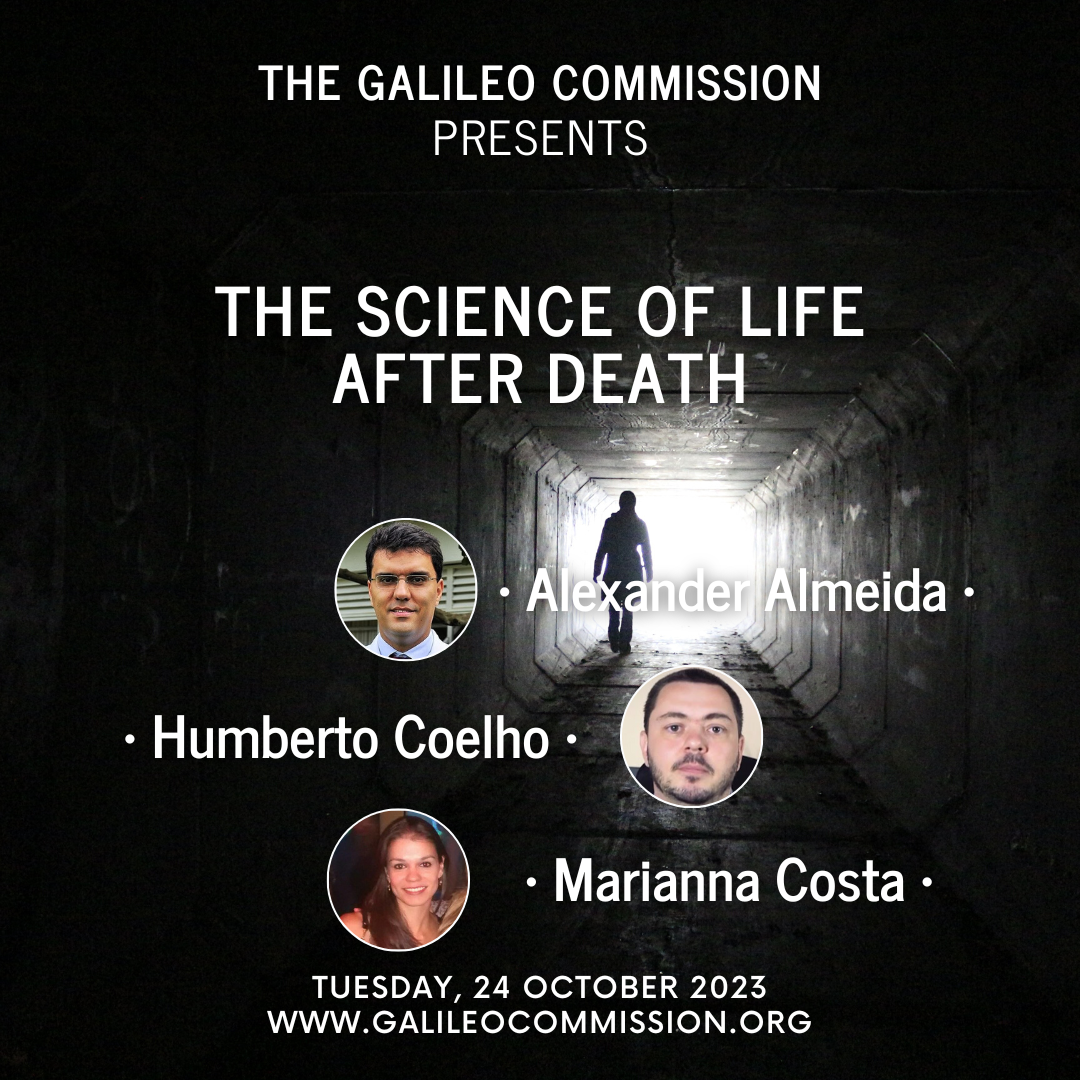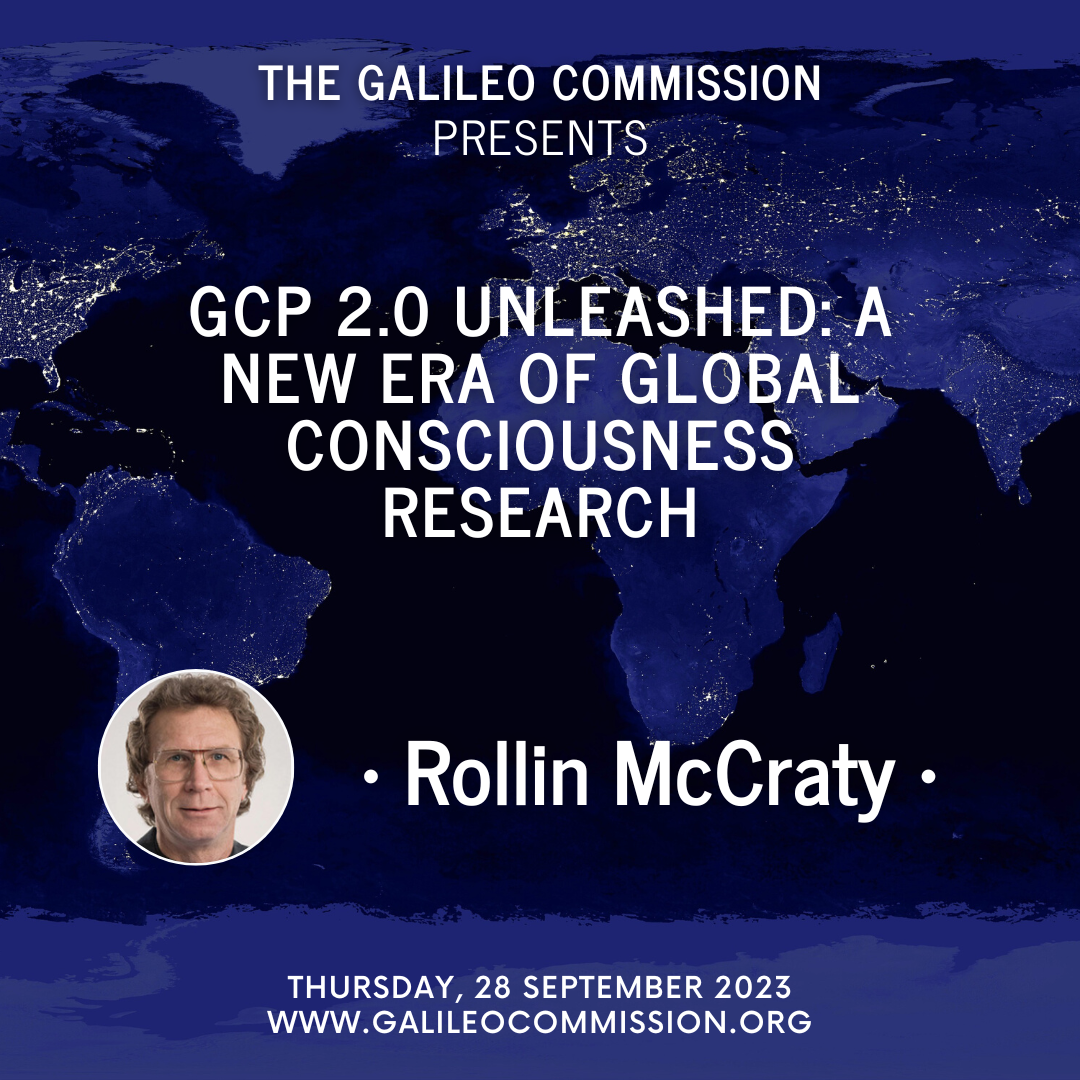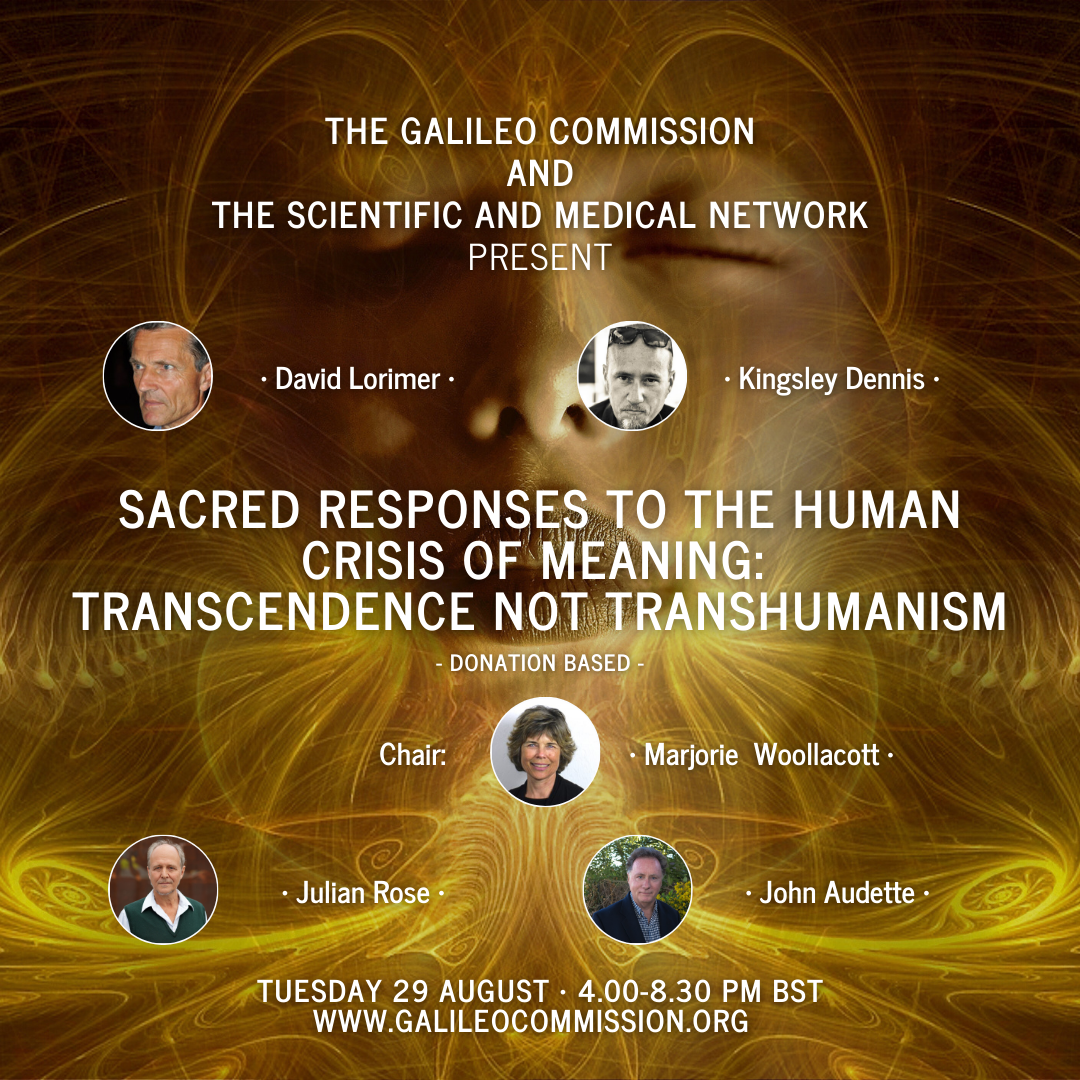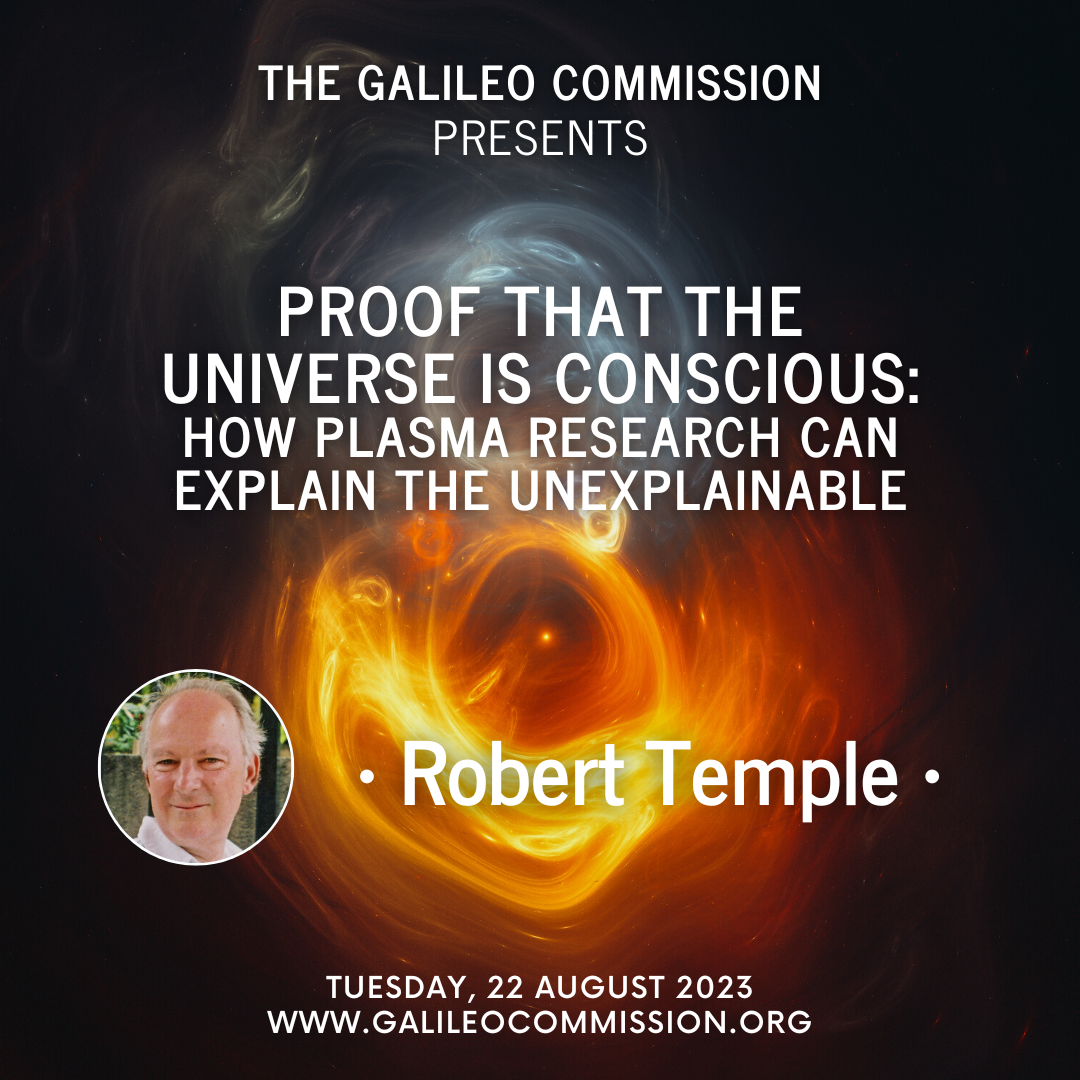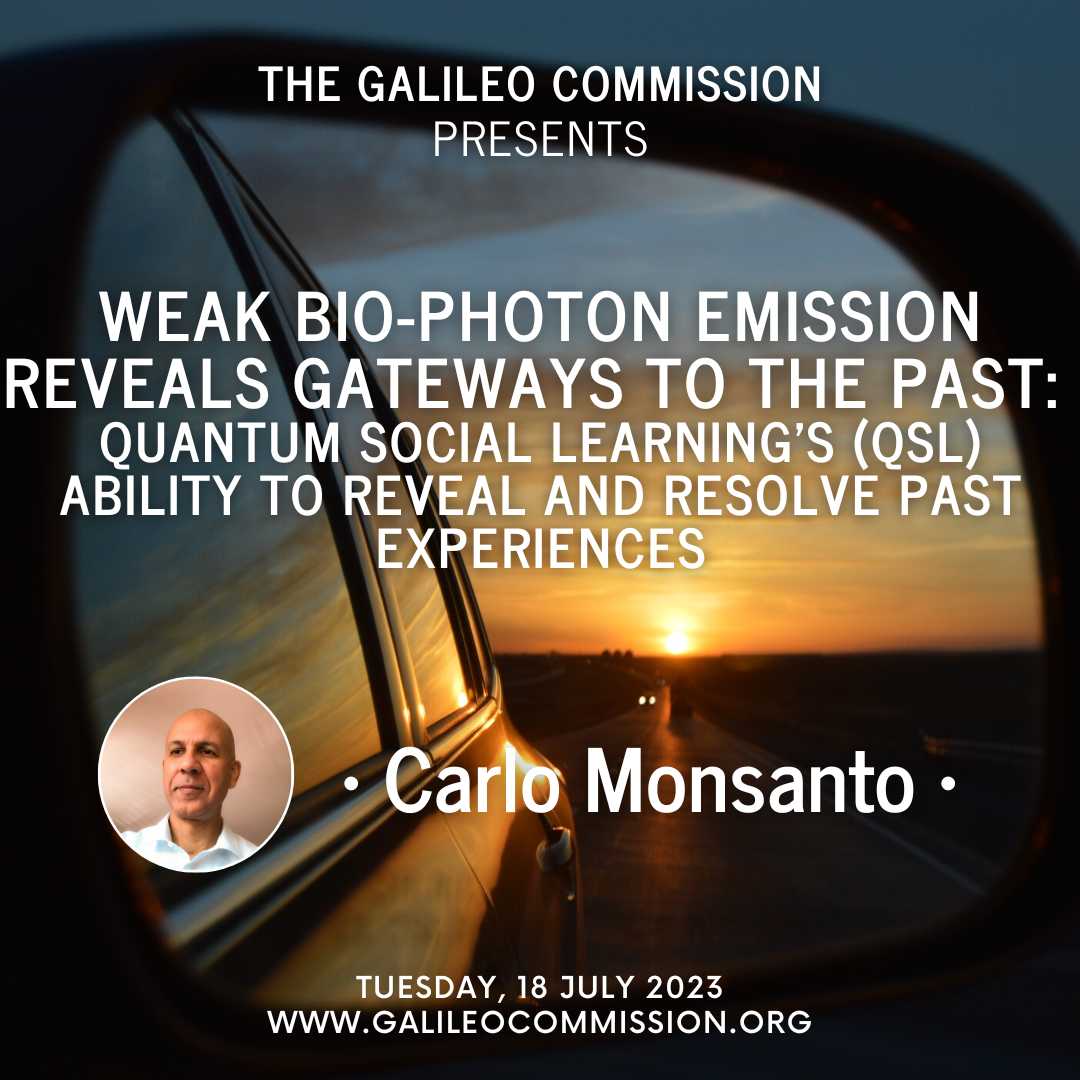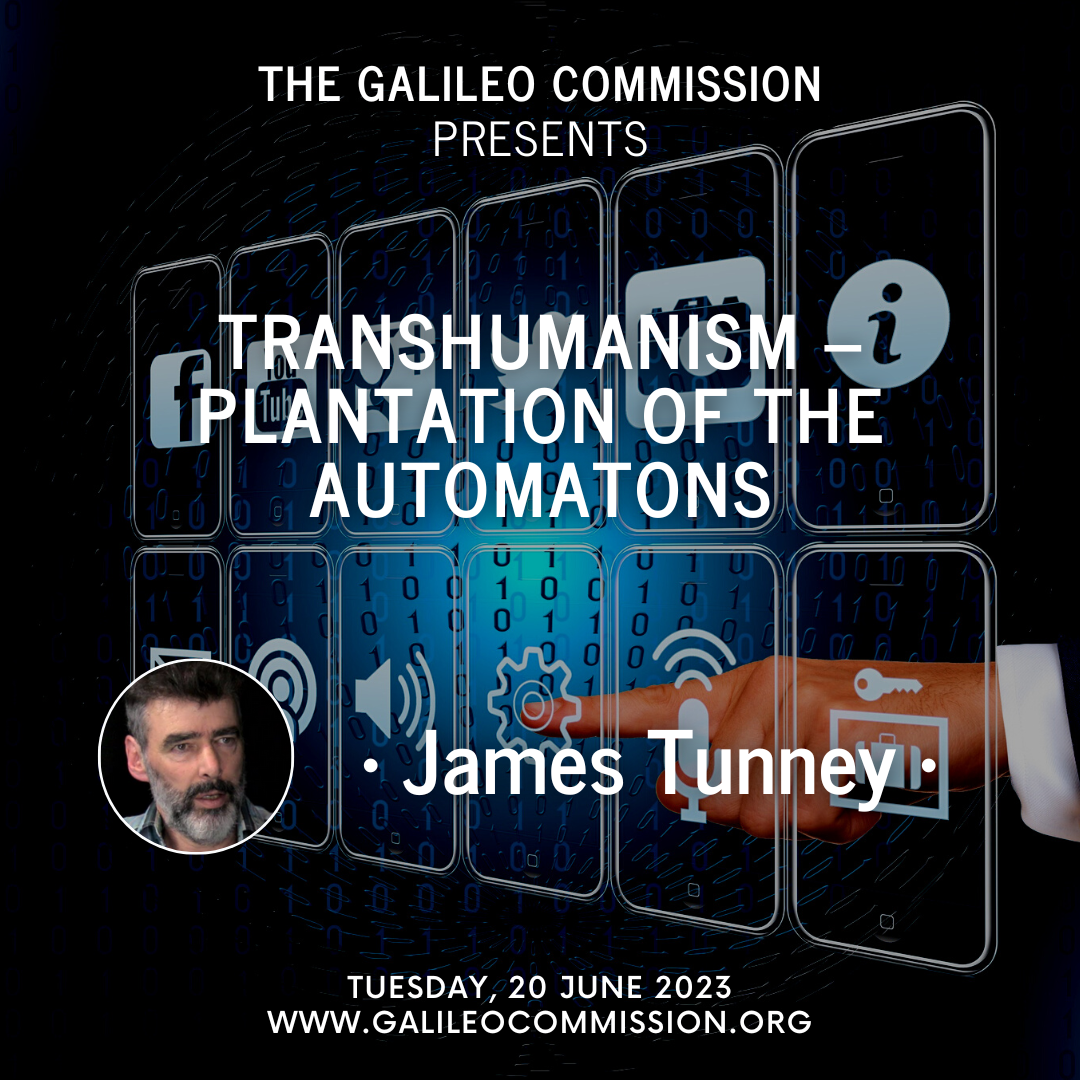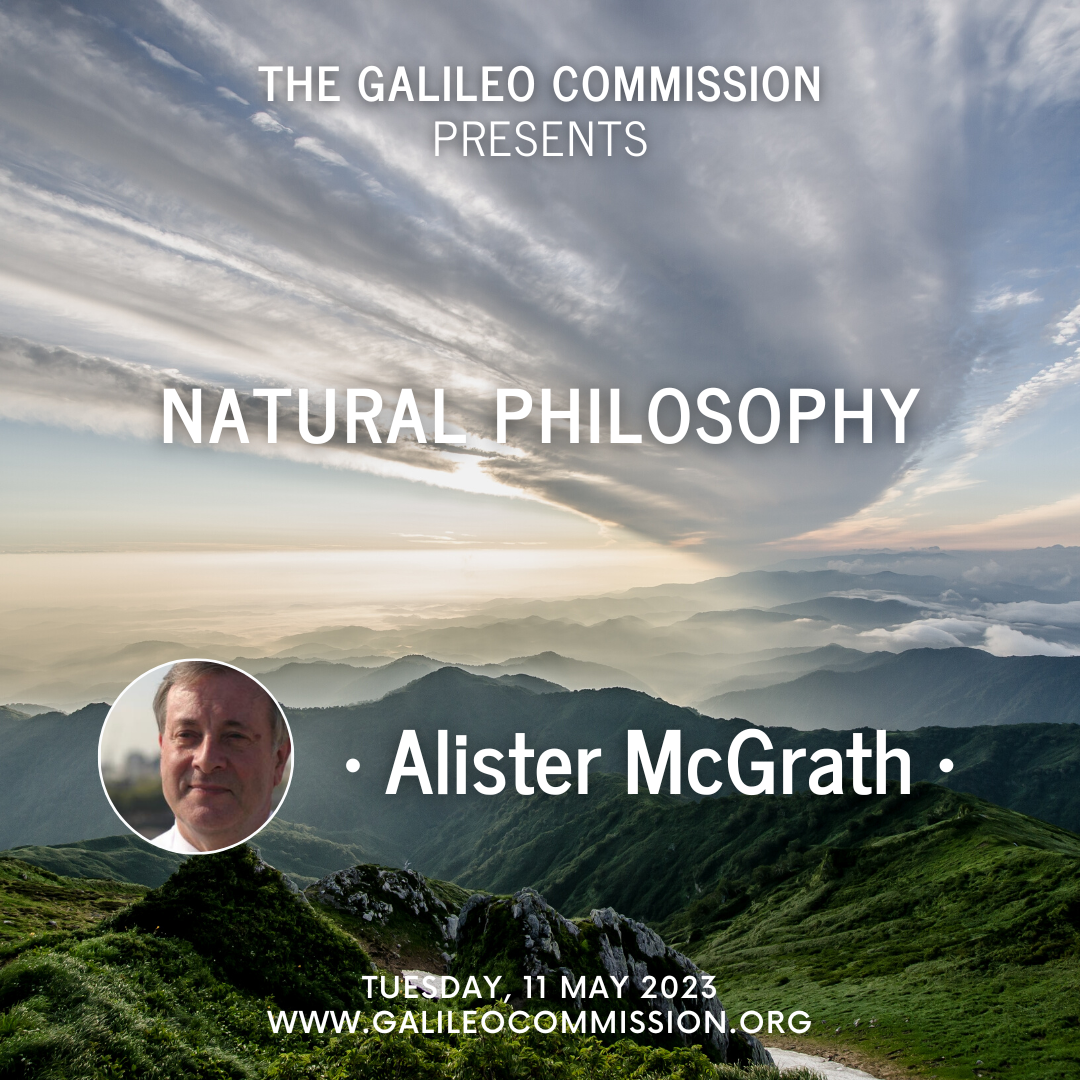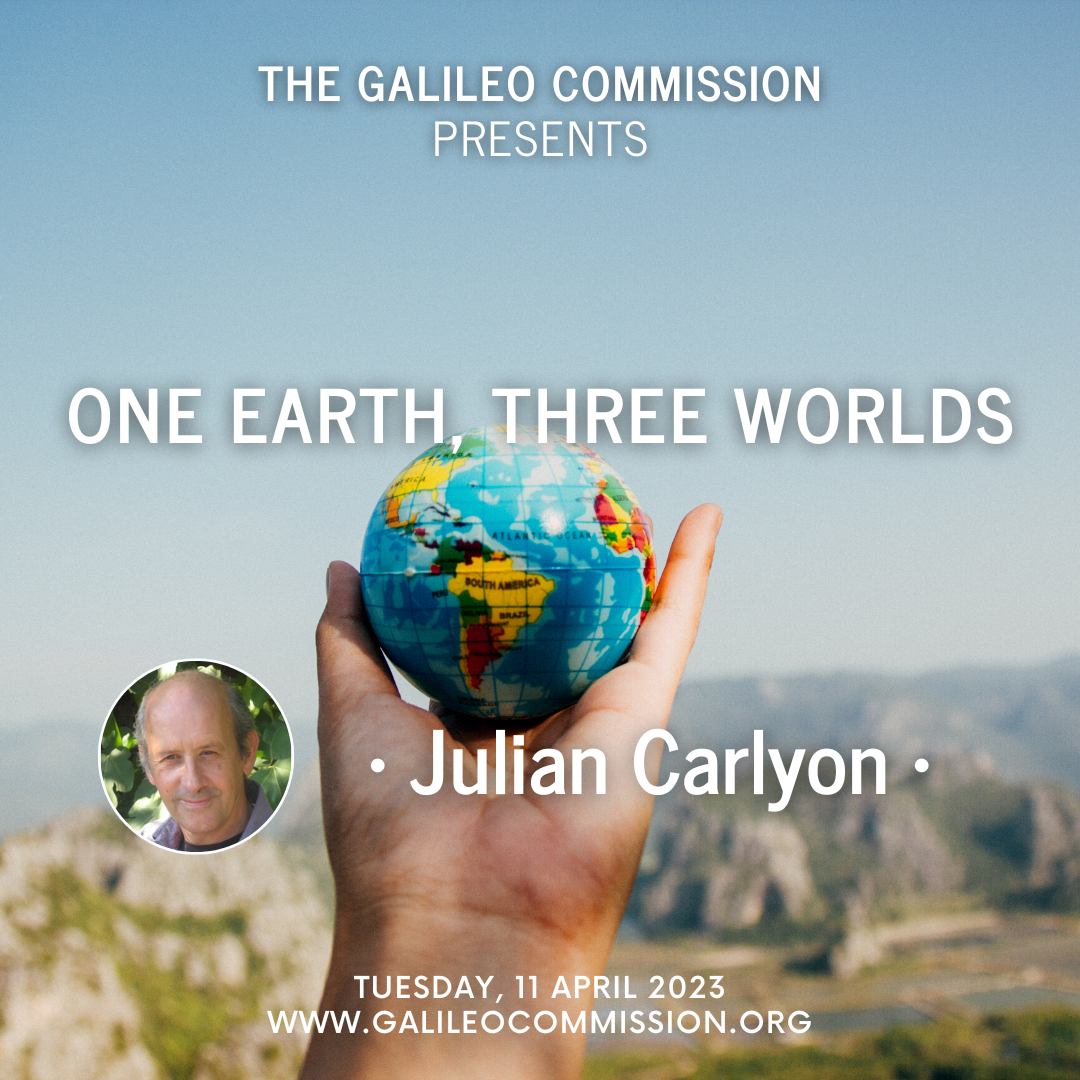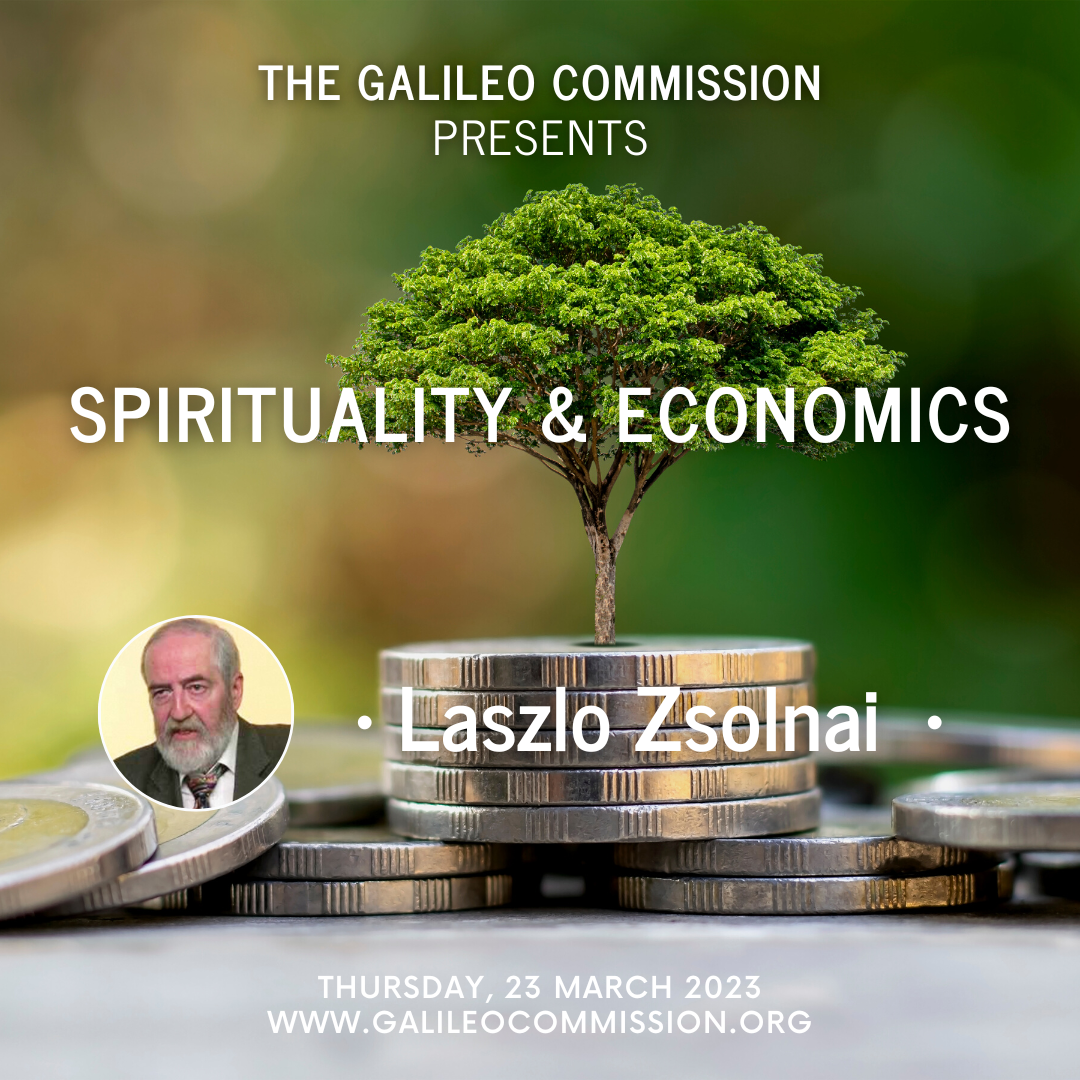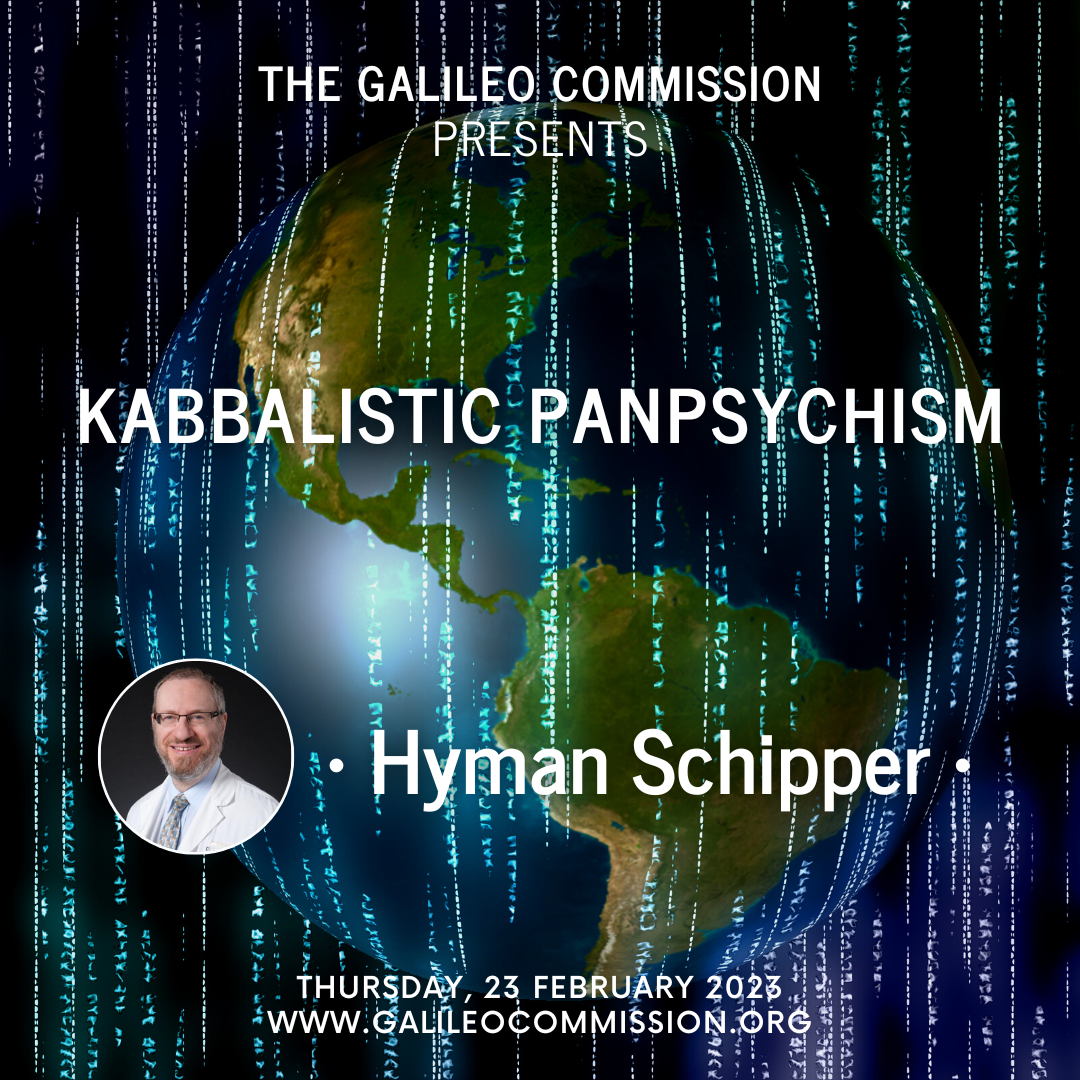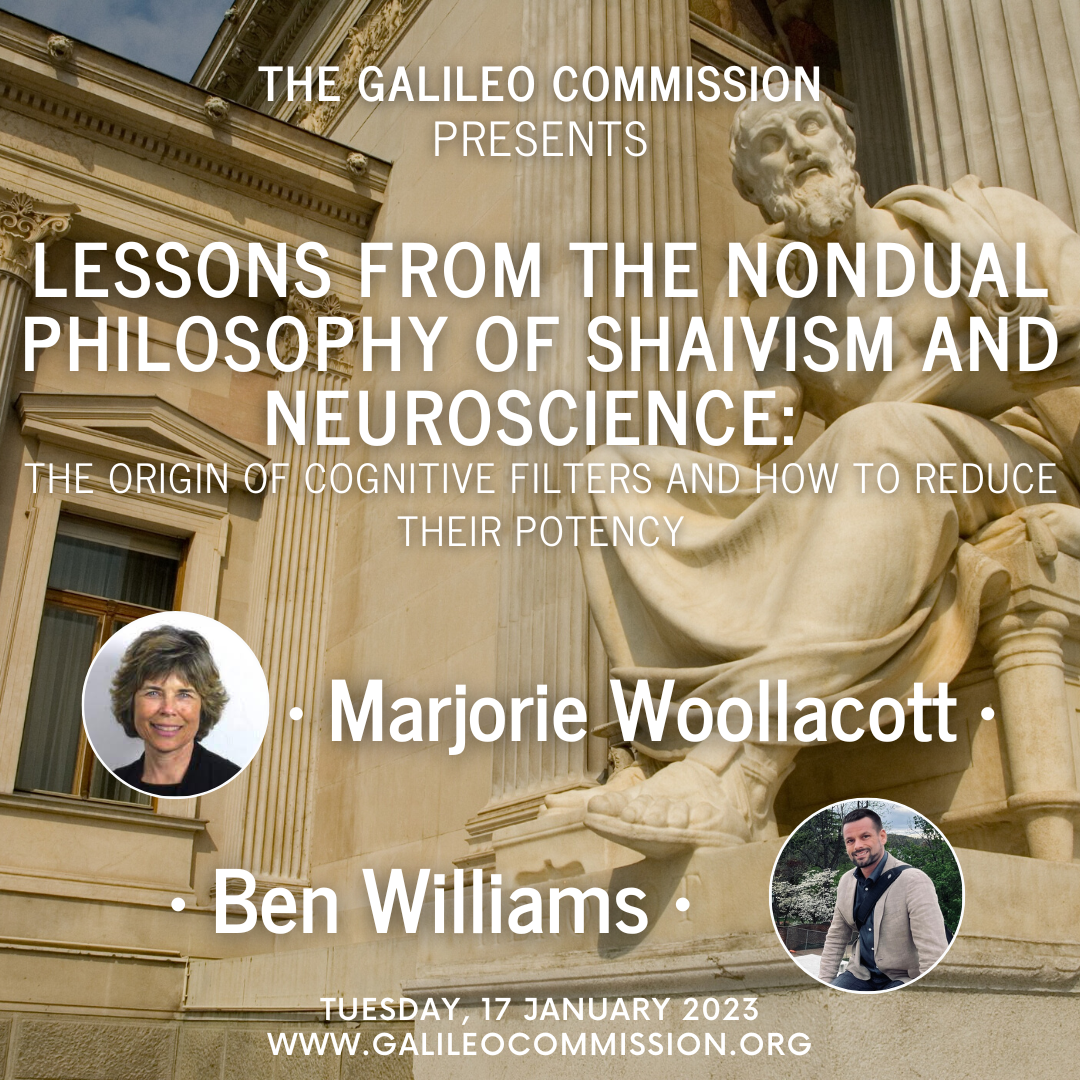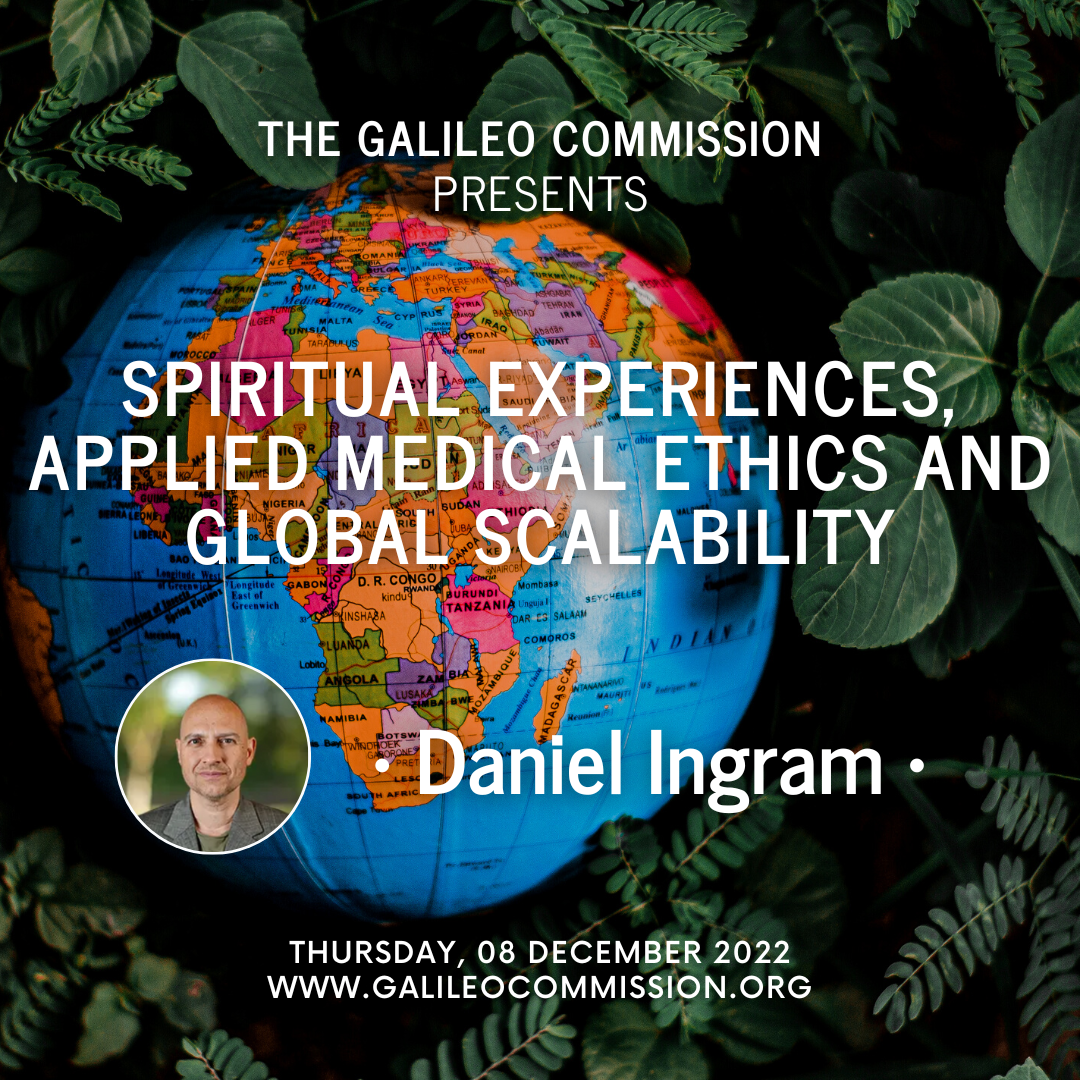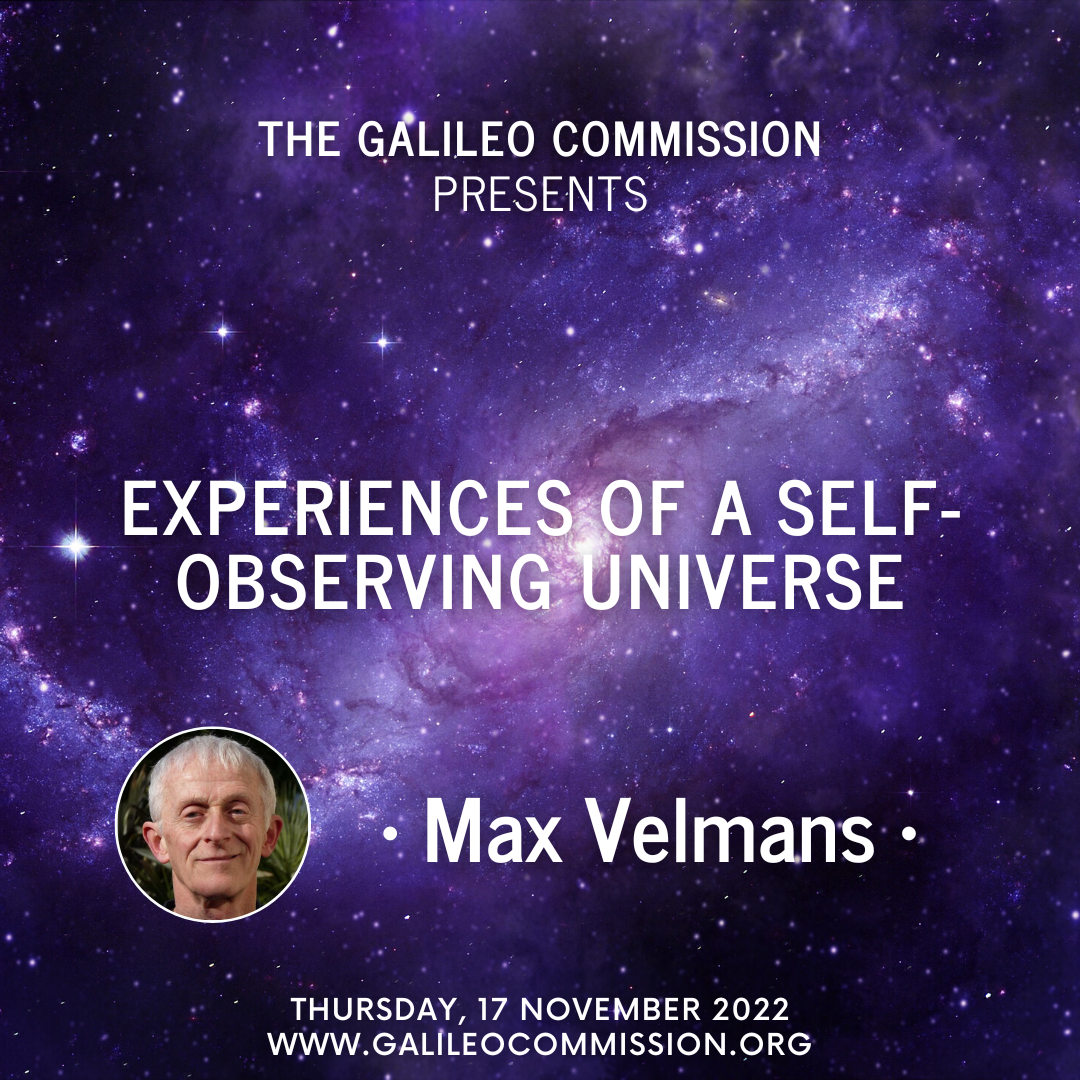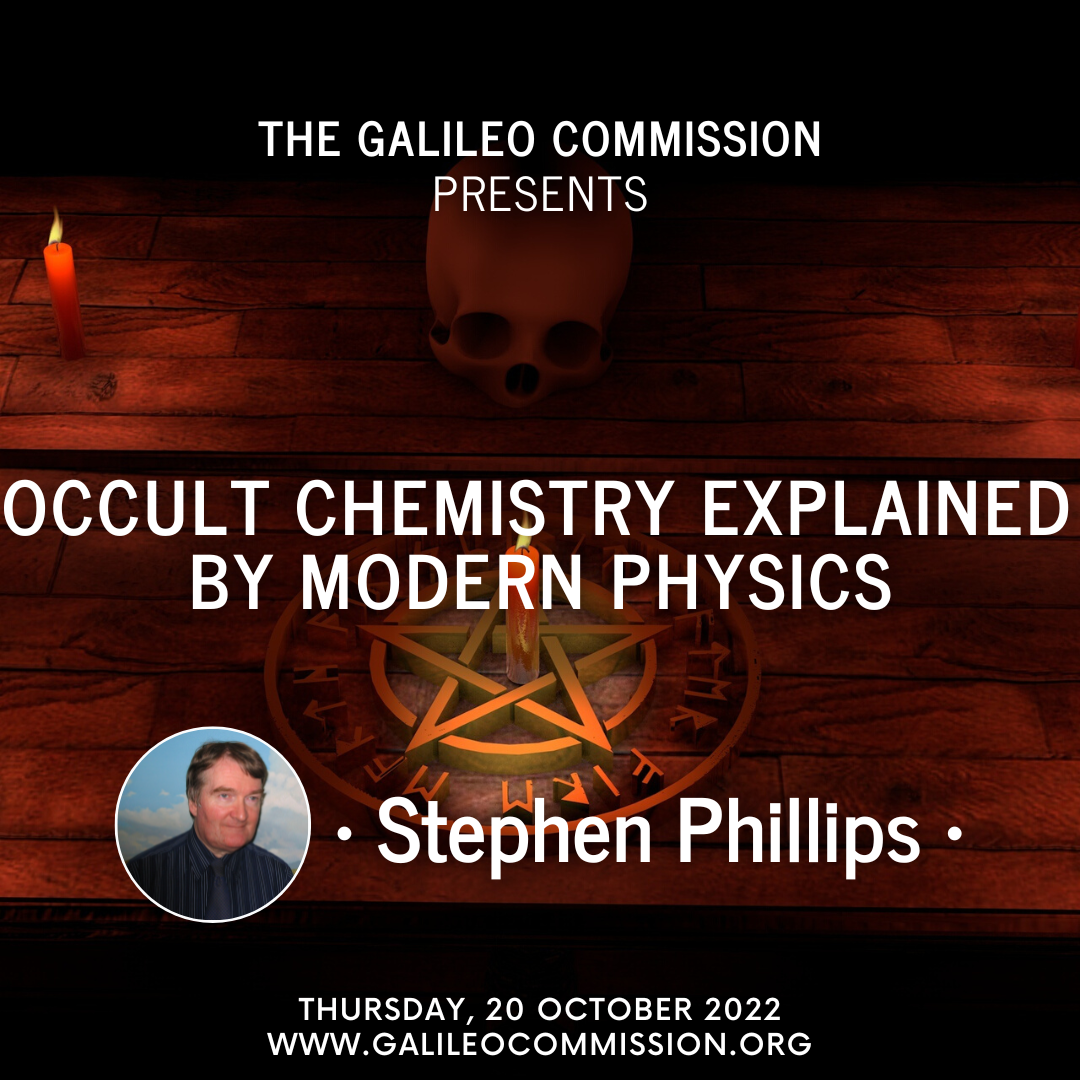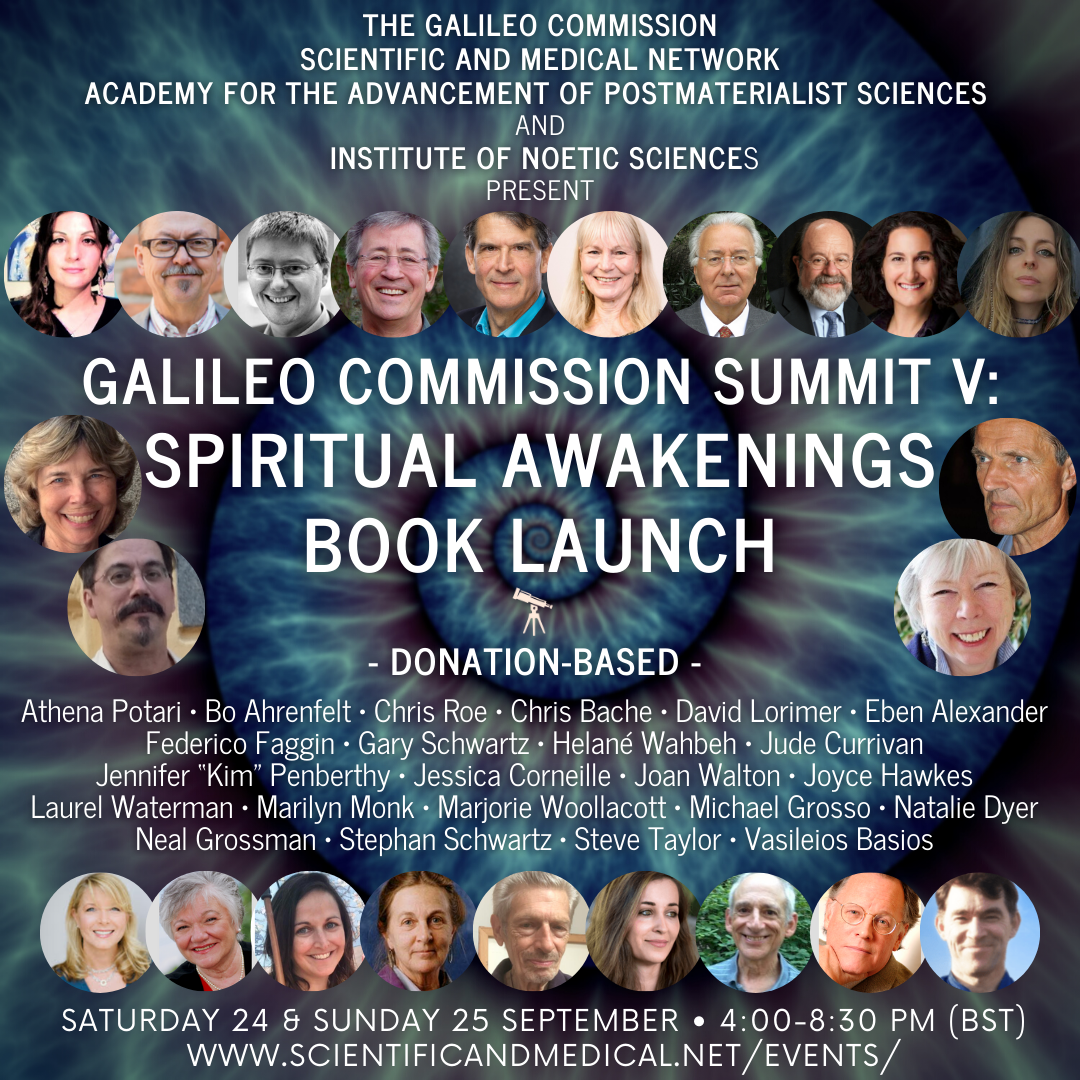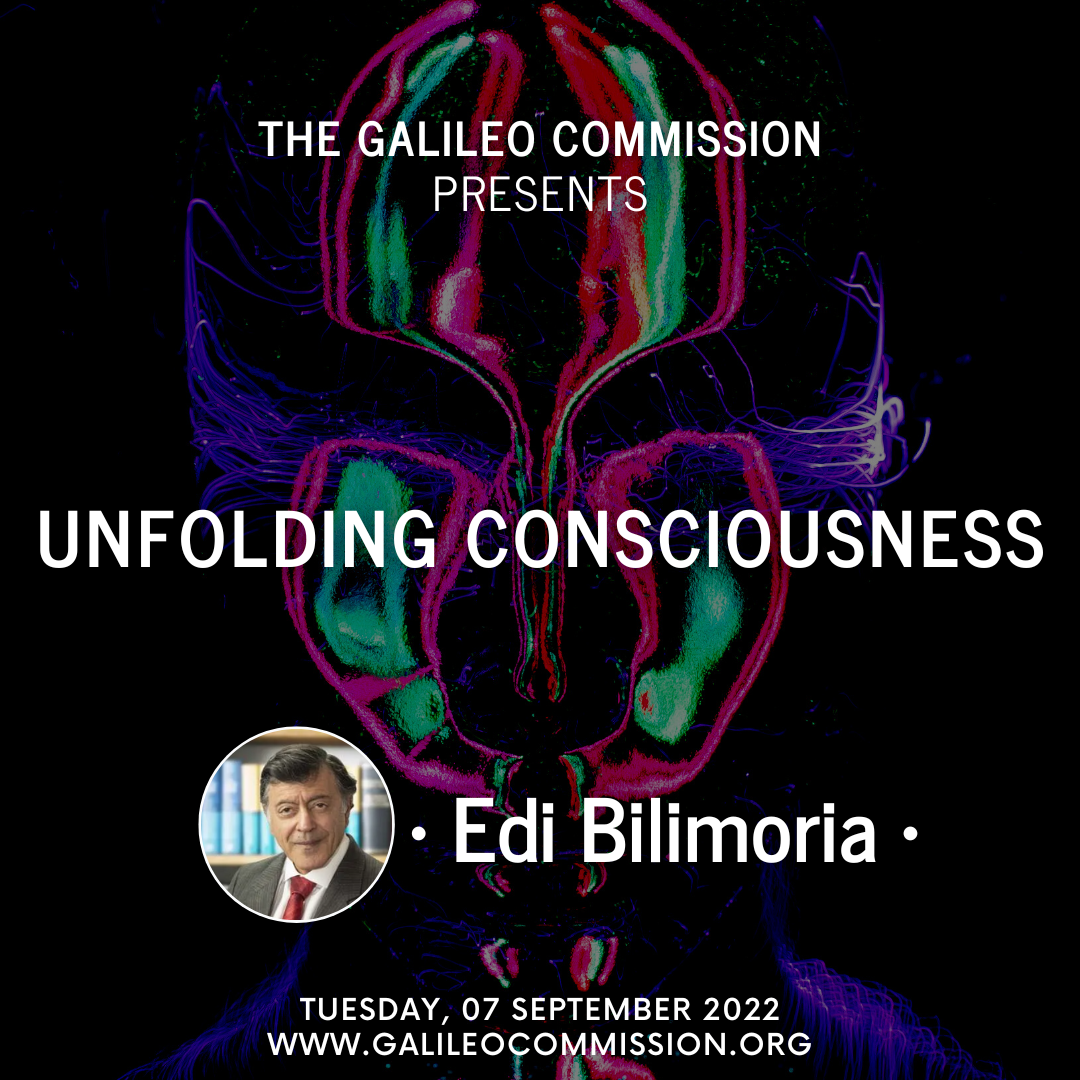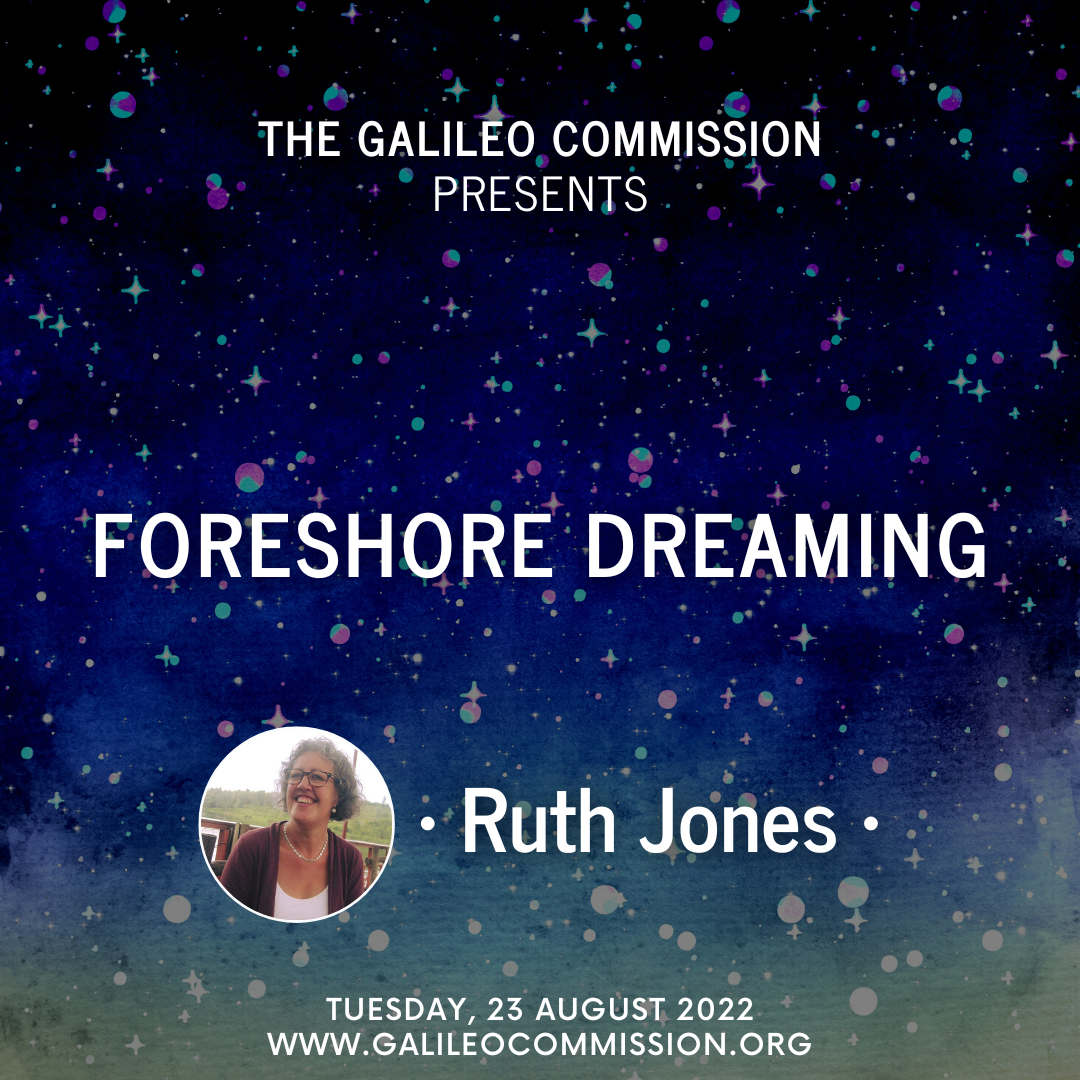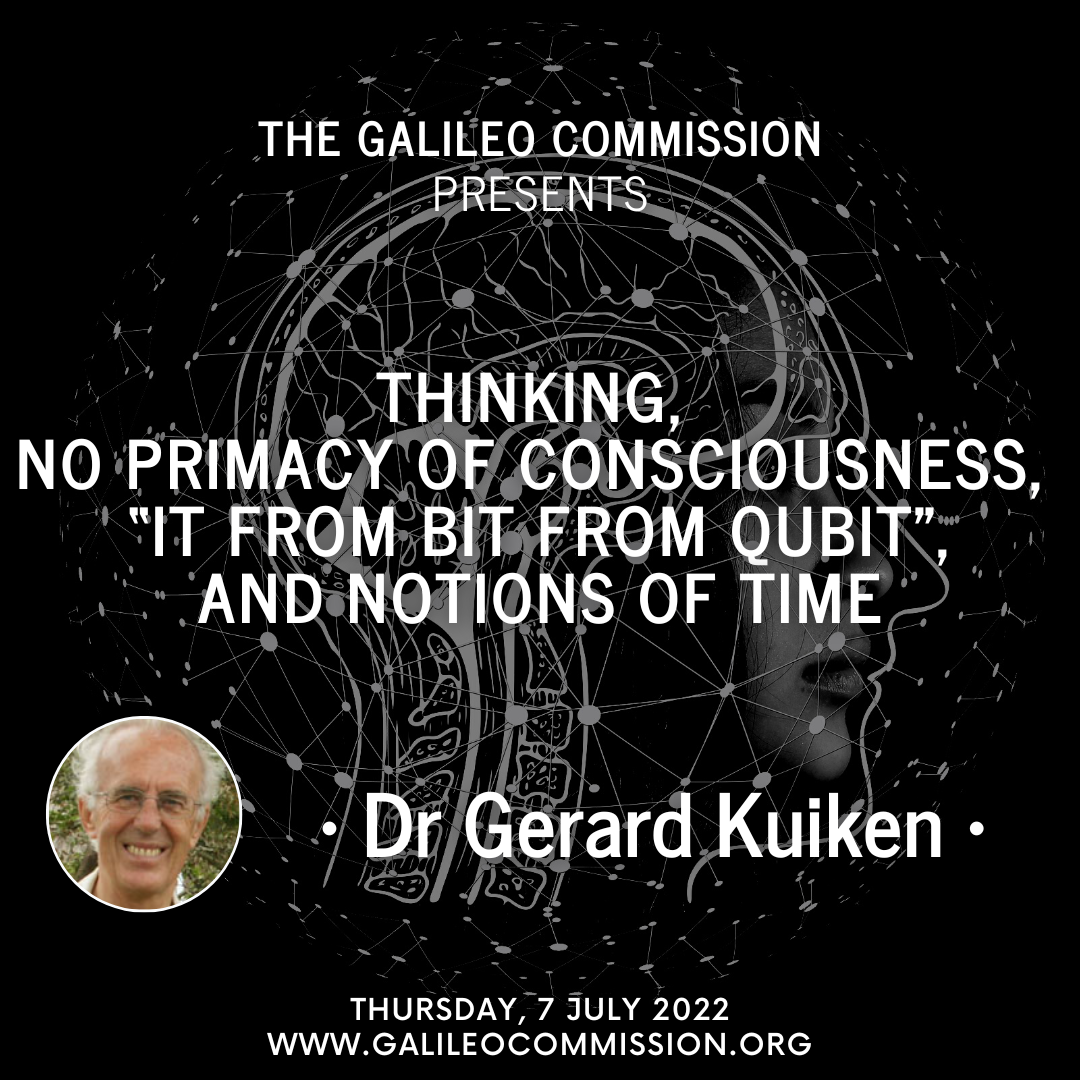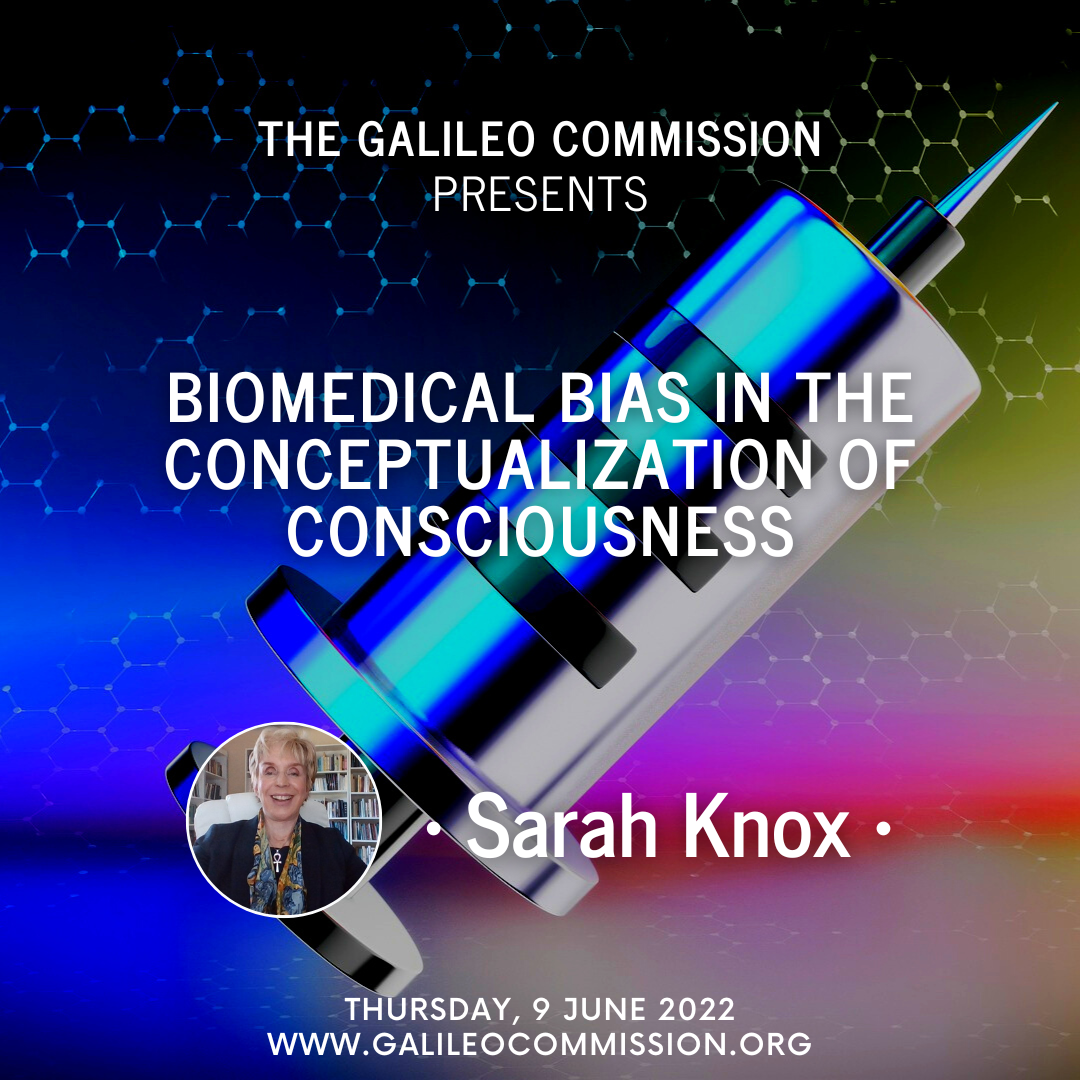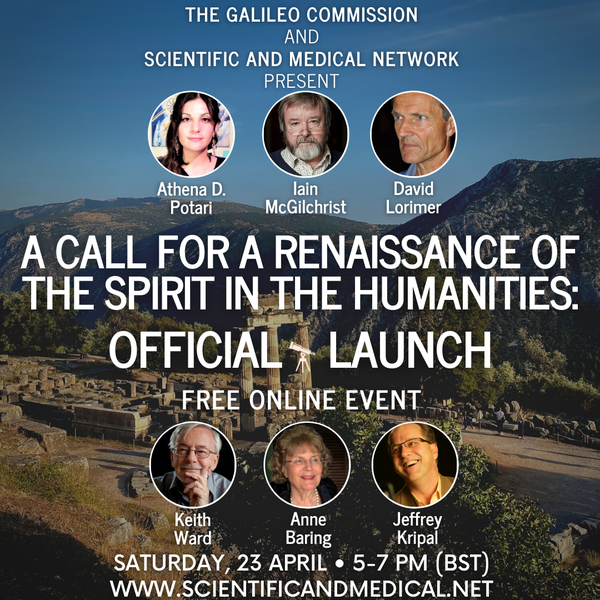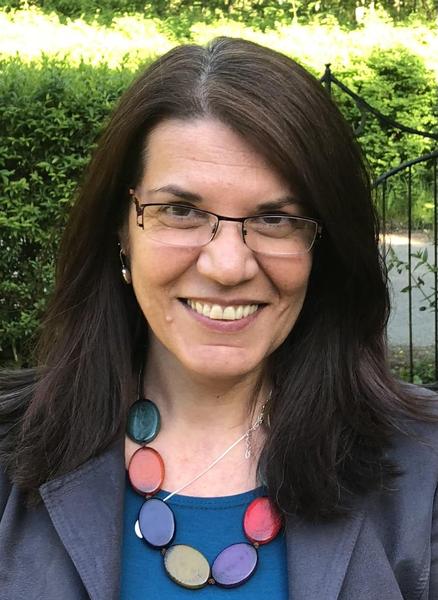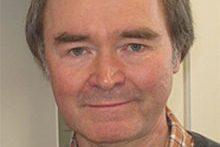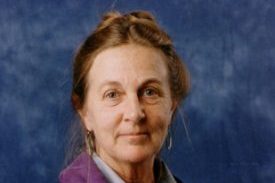Pan-Episteme Dialogue: Inaugural Meeting
‘Pan-Episteme’ is a term derived from the Greek, combining ‘Pan’ meaning all, the one, the universal, and ‘Episteme’ meaning knowledge, science and understanding. It signifies a holistic, integrative approach to knowledge that transcends disciplinary boundaries, bringing together insights from science, philosophy and ancient wisdom traditions...In this first episode, Dr Athena Potari (a practical philosopher) & Dr Vasileios Basios (a theoretical physicist) revisit a timeless question: Is the universe conscious? Vasileios and Athena will be joined on a dialogue panel by Dr Rupert Sheldrake, Dr Steve Minett and Dr Steve Taylor – a session not be to missed!
Edi Bilimoria – Idealism: Arguing Pro and Con
Idealism is the theory that all reality is consciousness and only consciousness, and that what we perceive to be the physical world is either a manifestation of consciousness or derived from it. Either way, fundamental reality is pure consciousness. What are the arguments for and against Idealism (like the common sense of the physical)?
Consciousness Educators’ Network: 12 Educators Share Stories After a Year of Experience and Success
12 Educators. Various age groups. Diverse fields and contexts. A year’s worth of contemplation. Join us to
Pan-Episteme Dialogue: Inaugural Meeting
‘Pan-Episteme’ is a term derived from the Greek, combining ‘Pan’ meaning all, the one, the universal, and ‘Episteme’ meaning knowledge, science and understanding. It signifies a holistic, integrative approach to knowledge that transcends disciplinary boundaries, bringing together insights from science, philosophy and ancient wisdom traditions...In this first episode, Dr Athena Potari (a practical philosopher) & Dr Vasileios Basios (a theoretical physicist) revisit a timeless question: Is the universe conscious? Vasileios and Athena will be joined on a dialogue panel by Dr Rupert Sheldrake, Dr Steve Minett and Dr Steve Taylor – a session not be to missed!
Edi Bilimoria – Idealism: Arguing Pro and Con
Idealism is the theory that all reality is consciousness and only consciousness, and that what we perceive to be the physical world is either a manifestation of consciousness or derived from it. Either way, fundamental reality is pure consciousness. What are the arguments for and against Idealism (like the common sense of the physical)?
Consciousness Educators’ Network: 12 Educators Share Stories After a Year of Experience and Success
12 Educators. Various age groups. Diverse fields and contexts. A year’s worth of contemplation. Join us to
Pan-Episteme Dialogue: Inaugural Meeting
‘Pan-Episteme’ is a term derived from the Greek, combining ‘Pan’ meaning all, the one, the universal, and ‘Episteme’ meaning knowledge, science and understanding. It signifies a holistic, integrative approach to knowledge that transcends disciplinary boundaries, bringing together insights from science, philosophy and ancient wisdom traditions...In this first episode, Dr Athena Potari (a practical philosopher) & Dr Vasileios Basios (a theoretical physicist) revisit a timeless question: Is the universe conscious? Vasileios and Athena will be joined on a dialogue panel by Dr Rupert Sheldrake, Dr Steve Minett and Dr Steve Taylor – a session not be to missed!
Edi Bilimoria – Idealism: Arguing Pro and Con
Idealism is the theory that all reality is consciousness and only consciousness, and that what we perceive to be the physical world is either a manifestation of consciousness or derived from it. Either way, fundamental reality is pure consciousness. What are the arguments for and against Idealism (like the common sense of the physical)?
Consciousness Educators’ Network: 12 Educators Share Stories After a Year of Experience and Success
12 Educators. Various age groups. Diverse fields and contexts. A year’s worth of contemplation. Join us to
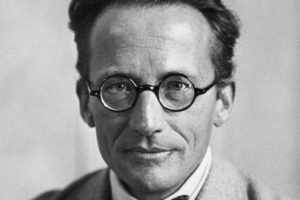
– Erwin Schrödinger
– Prof David Bohm
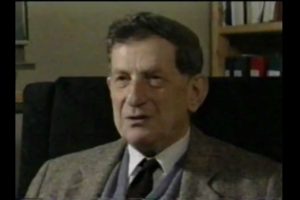
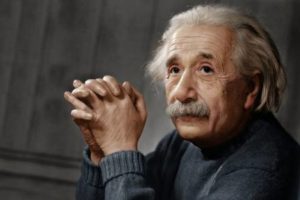
– Albert Einstein
Click on any event to view the recordings as well as event details
